Sea Salt provided by the Yemen Products Center
Sea salt is a type of salt produced from the evaporation of current seawater. The evaporation is accomplished by either open-air solar evaporation or by a quicker vacuum evaporation process. Some of the pricier sea salts available today often come from the slower sun-fueled evaporation method. When you eat a sea salt that has experienced very little processing, you have a salt that contains health-promoting trace minerals. It also has natural flavors and colors that make it a lot tastier and more interesting to use for cooking as well as homemade beauty products1. Rich in Trace Minerals
High-quality sea salts typically contain upwards of 60 trace minerals and for specific types like Himalayan sea salt, that number is said to be closer to 84. Either way, sea salts are a great source of micronutrients.
It’s become harder and harder to obtain trace minerals from the foods we eat due to the lack of nutrient-rich soil. However, trace minerals are still abundant in our planet’s seas and oceans, from which we get a variety of sea salts.
2. Prevents Dehydration and Balances Fluids
Here’s how sodium works within the body: water follows salt, which means if you increase your sodium intake too much, water retention also occurs. At the same time, the opposite is also true: a loss in sodium results in a loss in water, potentially causing symptoms like dehydration and extreme thirst.
By consuming sea salt in moderation each day, you also ensure that you are maintaining sufficient sodium levels, which helps balance your sodium-potassium ratios. Sodium and potassium are two electrolytes that work together to ensure that there is proper fluid balance in your body’s cells as well as your blood plasma and extracellular fluid.
3. Loaded with Electrolytes
The minimal processing of unrefined sea salt enables it to retain much of its natural mineral content. Sea salt contains many of the major electrolytes, like sodium, magnesium, calcium and potassium, that are absolutely essential to good health.
Electrolytes have so many important functions — from regulating your heartbeat to allowing your muscles to contract so that you can move. Sea salt in moderation can help in avoiding an electrolyte imbalance, which can cause all kinds of serious negative symptoms, including some that are potentially deadly.
4. Promotes Brain, Muscle and Nervous System Function
As a good source of sodium, sea salt is essential for proper brain, muscle and nervous system function. Not only does sodium play a role in regulating your body’s fluid balance, but it’s also required for the transmission of electrical signals in the body. Why is this so important? Without the proper transmission of electrical signals in the body, so many things can get thrown off.
Without this communication system working as it should, the brain, muscles and nervous systems are especially inclined to suffer. Both too much and too little sodium cause cellular malfunction. So as much as you hear about making sure you don’t get too much salt in your diet, it’s also absolutely just as important to make sure we get enough.
5. Supports Digestive Health
Not getting enough salt in your diet can also negatively impact your digestive health. In fact, a lack of salt in the diet can lead to a reduction of hydrochloric acid (HCL) in your stomach. If you have low stomach acid, it can seriously throw your digestive system out of whack, contributing to issues like heartburn, stomach pain, vomiting and constipation. 5 Consuming the right amount of sea salt can help your body produce proper amounts of HCL since sea salt provides chloride, one of the building blocks of stomach acid.
6. Promotes Nutrient Absorption
Having enough stomach acid also helps our bodies to absorb vitamins and minerals like calcium, zinc, iron, folate and vitamin B12. For this reason, consuming a high-quality sea salt regularly can help your body absorb more nutrients from the foods that you eat. This is great news since it’s not only what you eat, but how your body processes what you eat that gives your body the essential nutrients it needs on a daily basis.





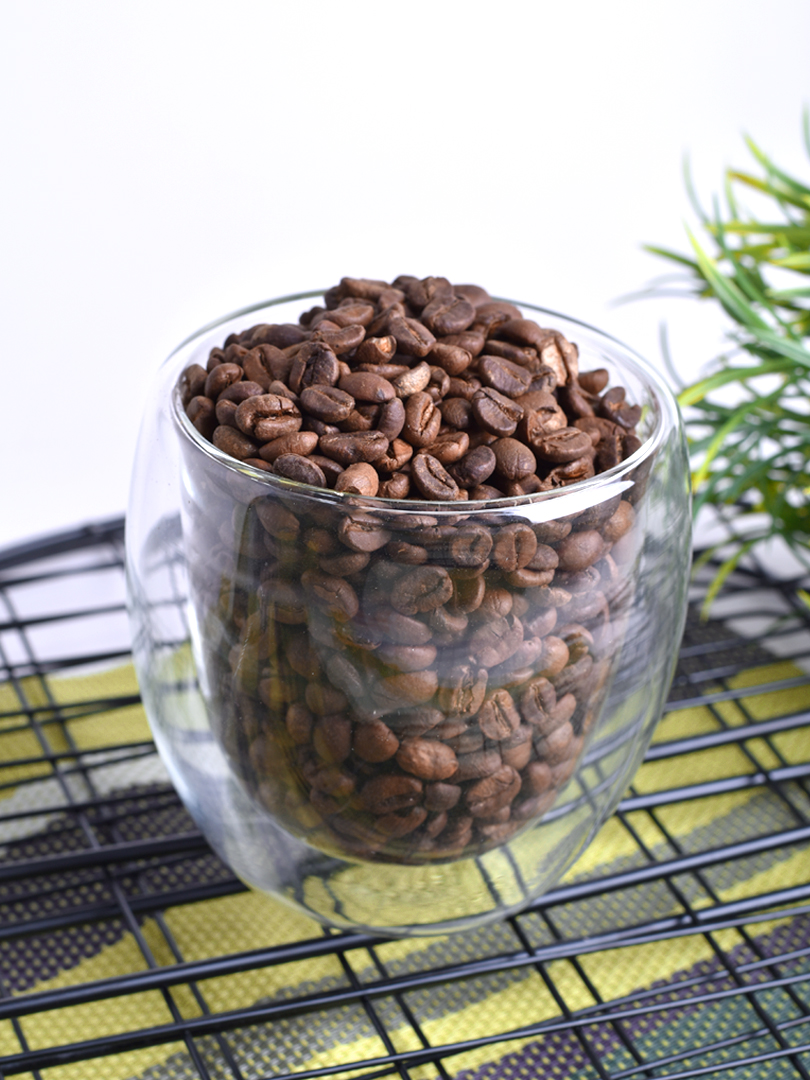


















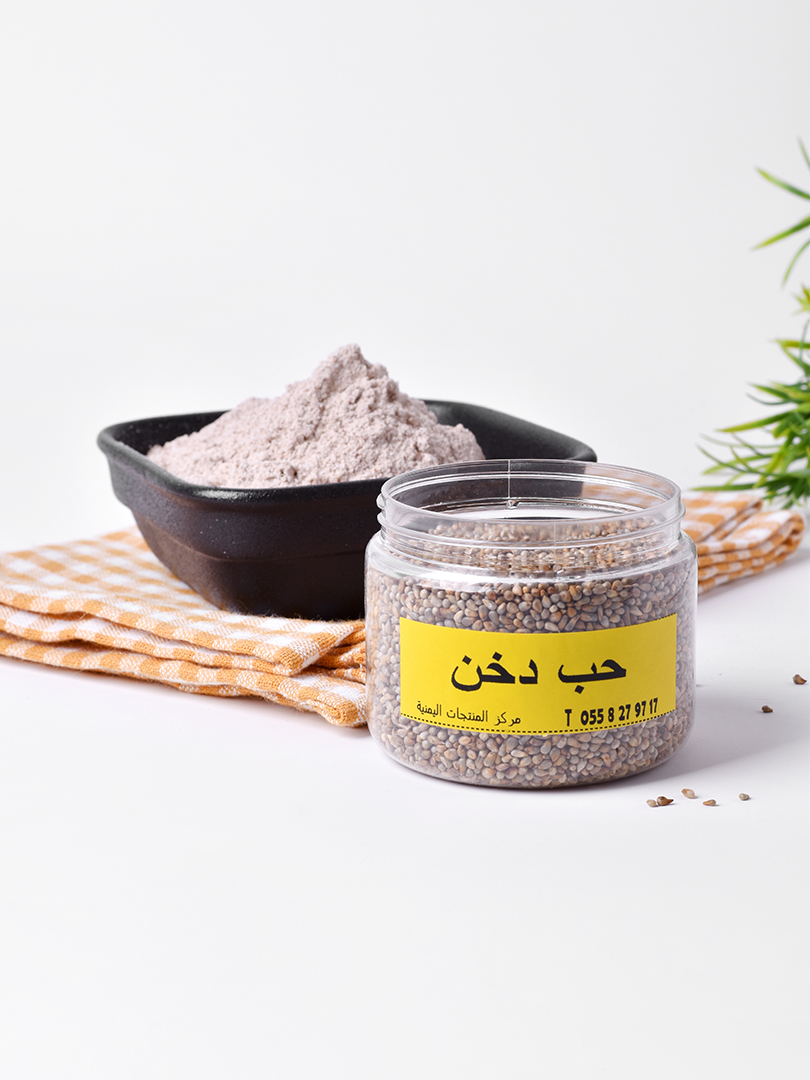
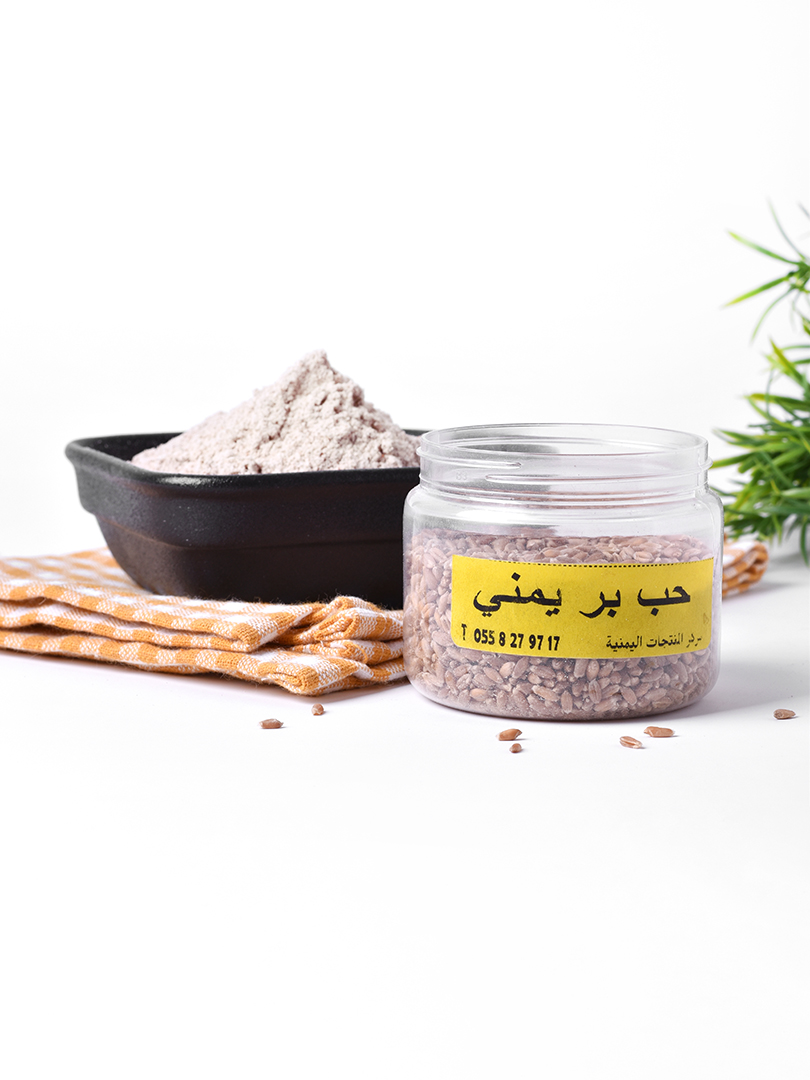
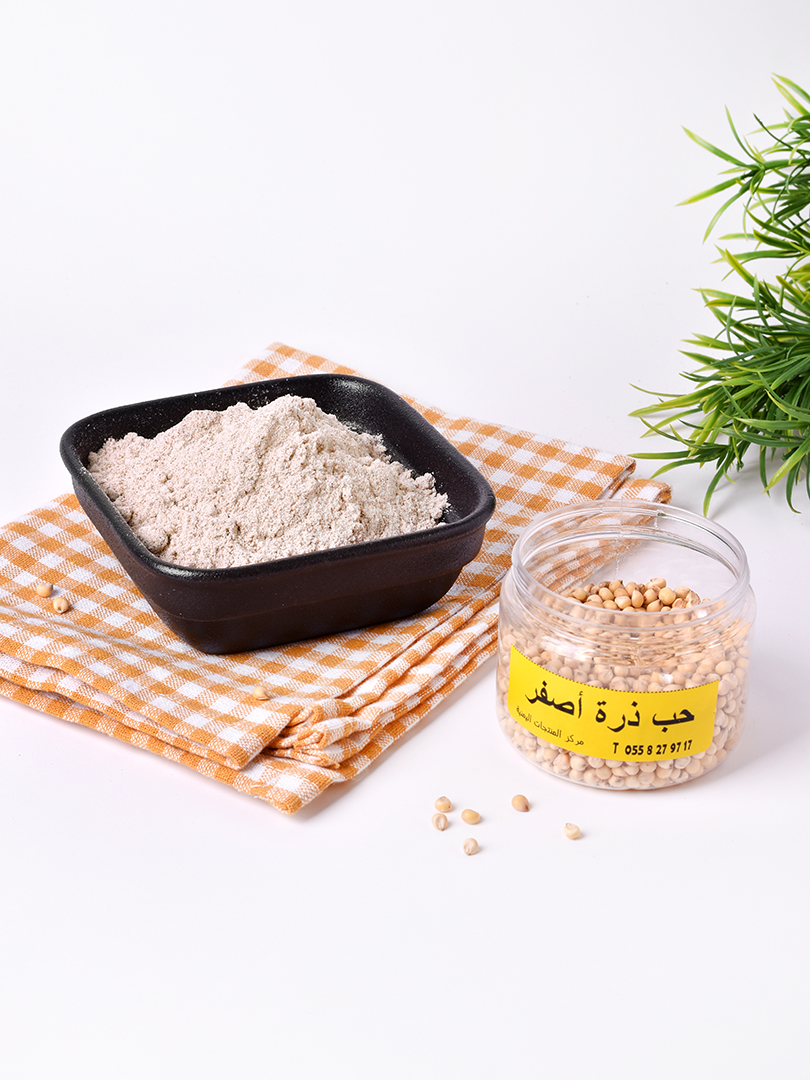
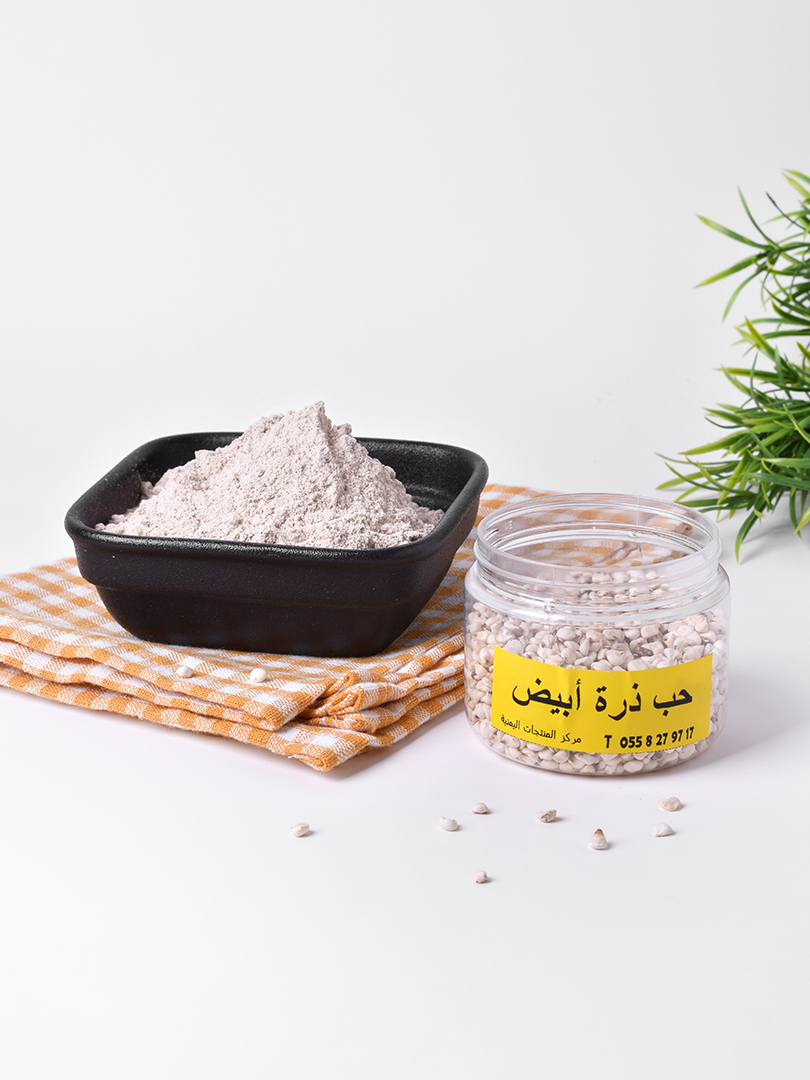
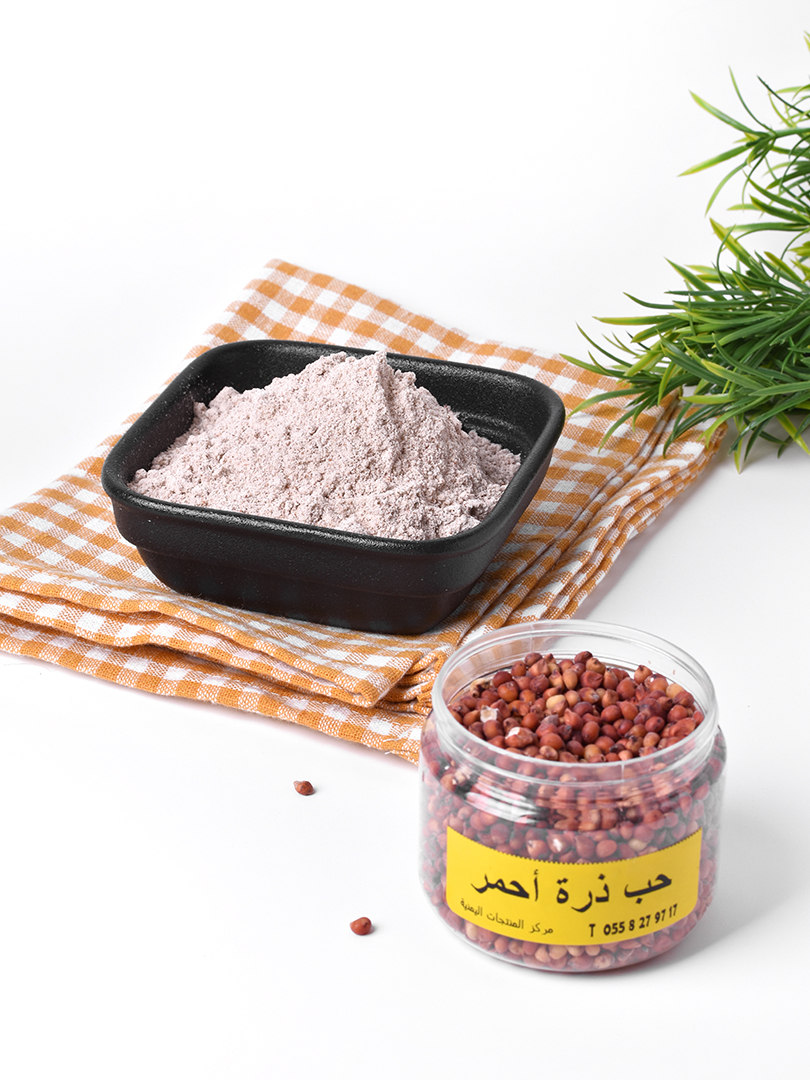
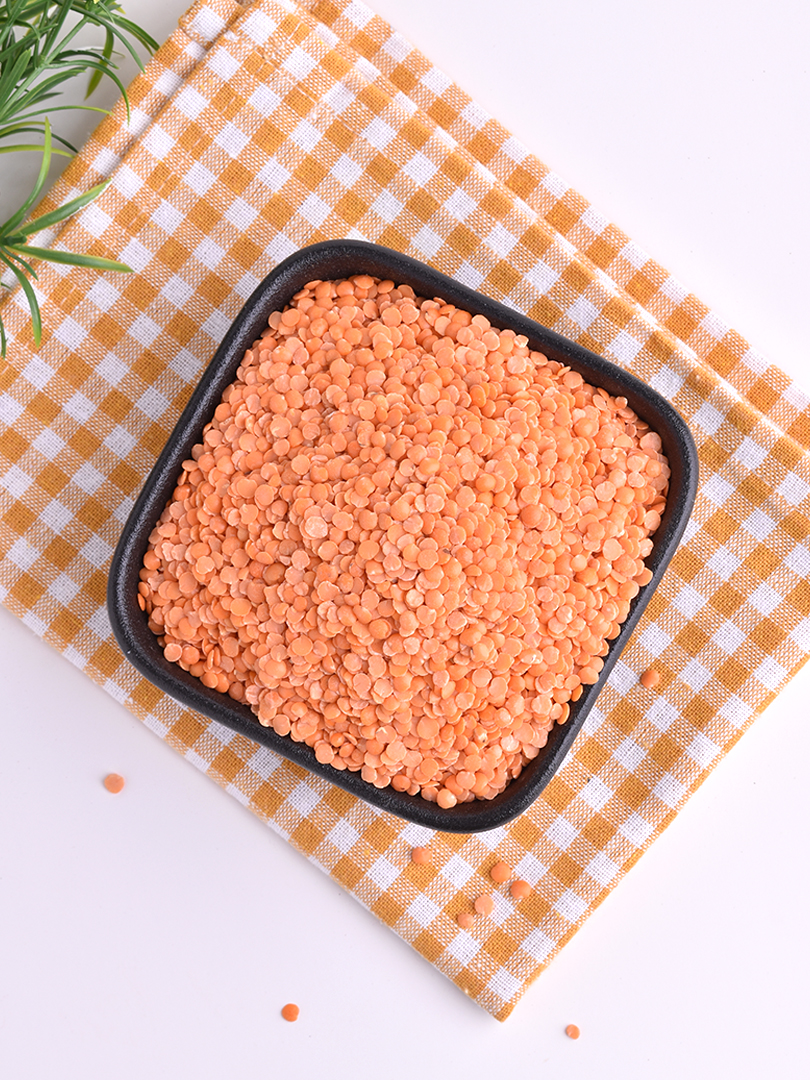
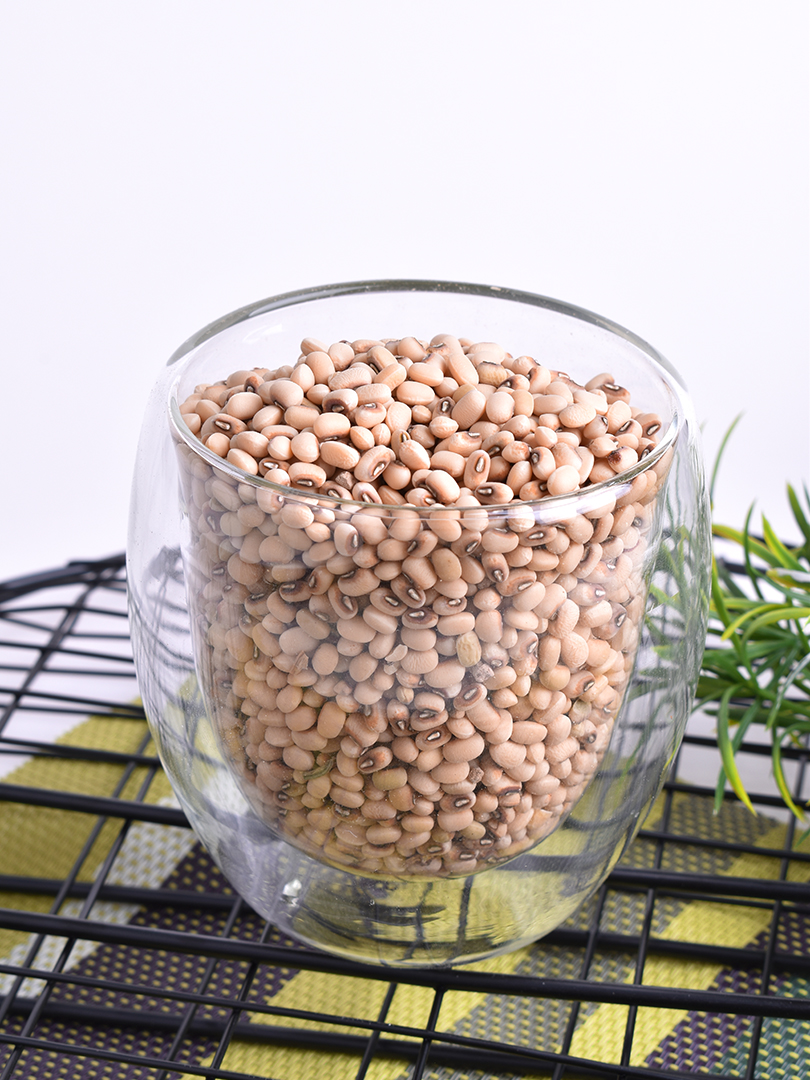
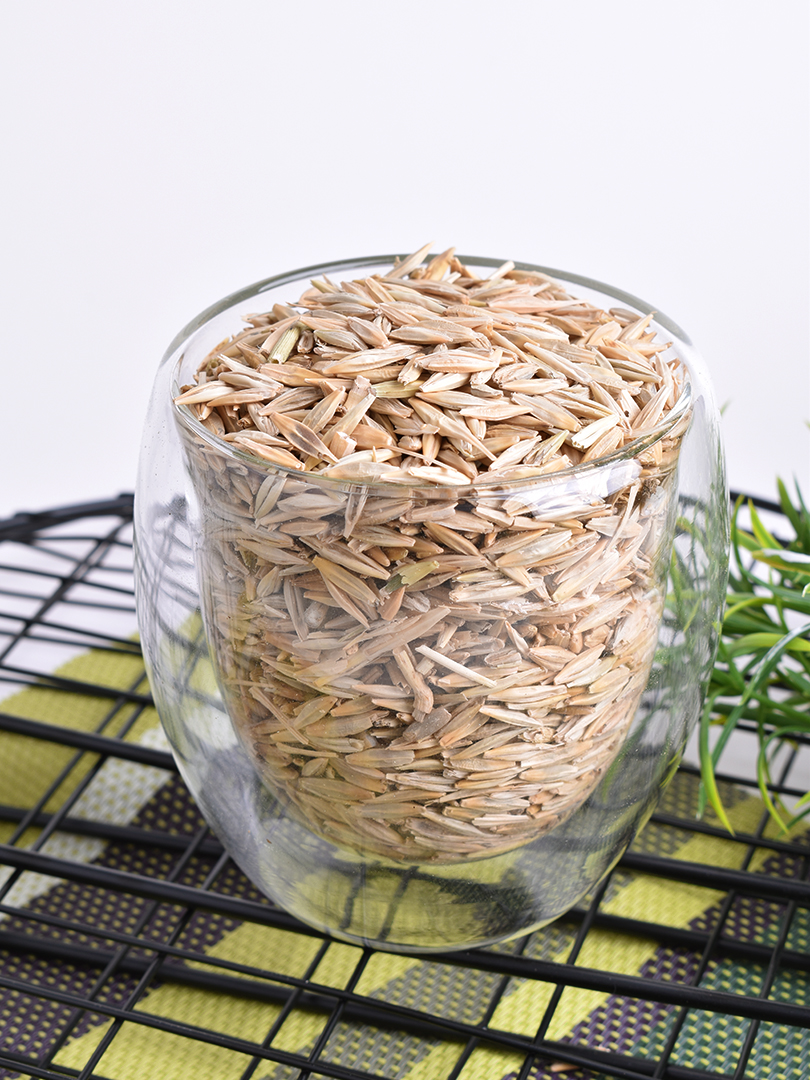
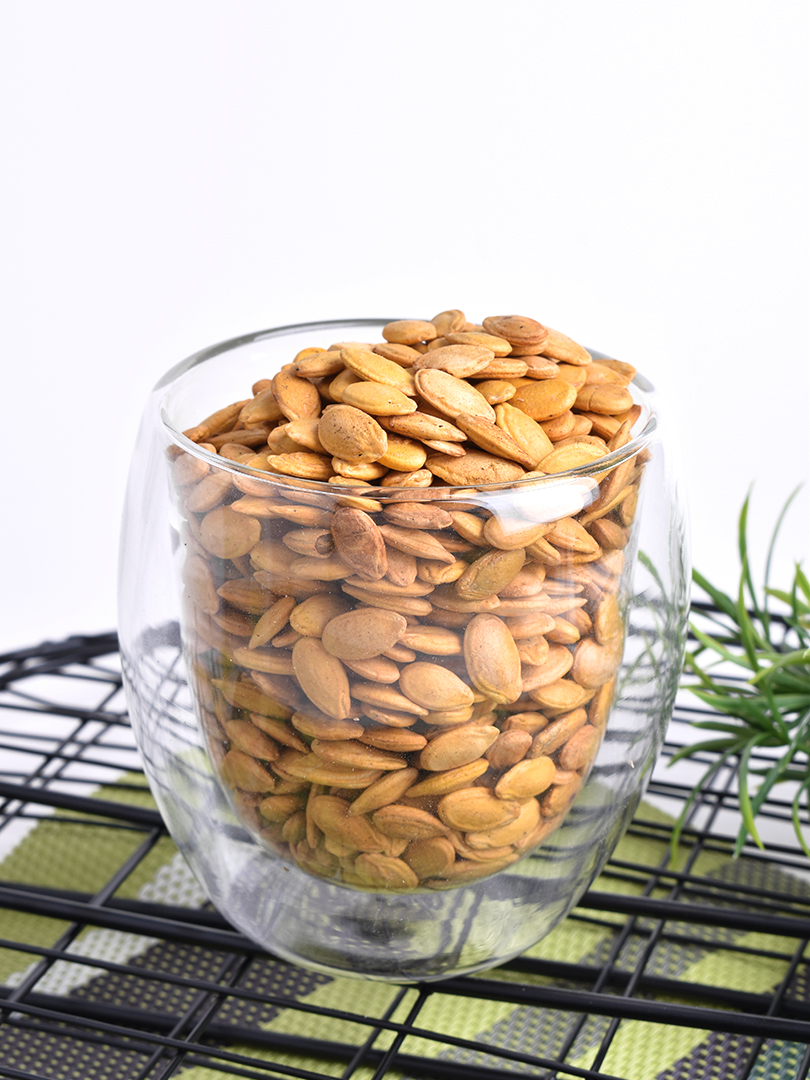

.jpg)
.jpg)
.jpg)

.jpg)
.jpg)
.jpg)

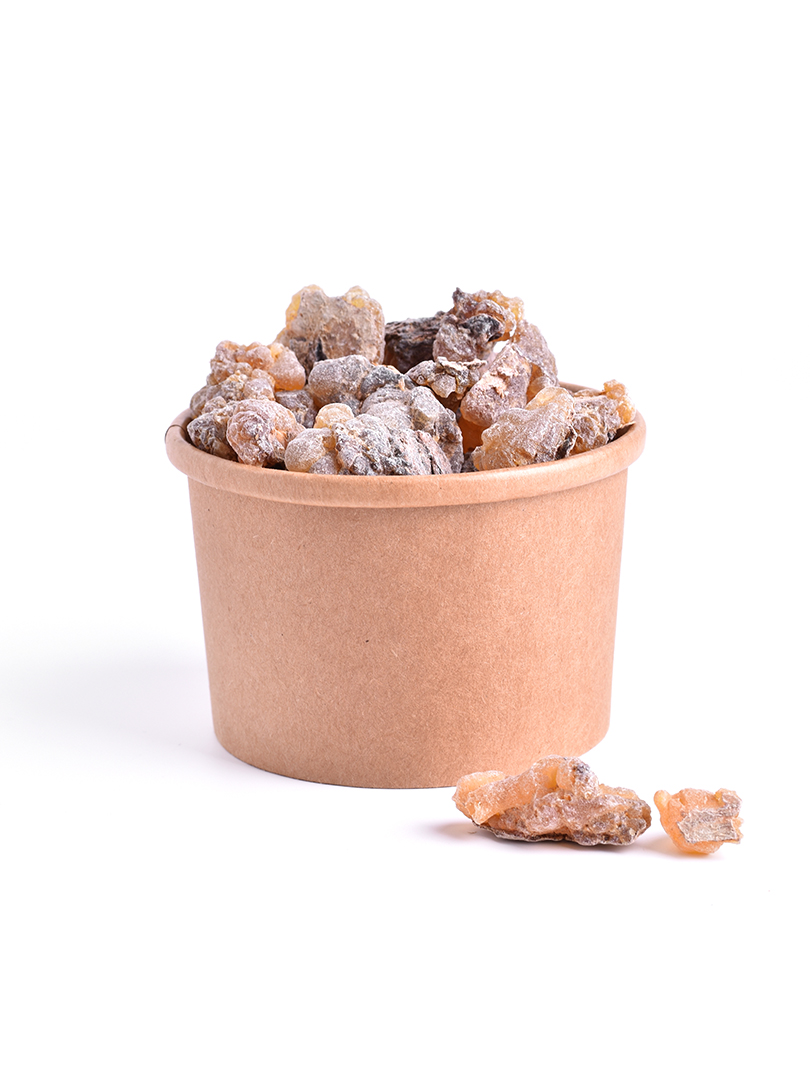
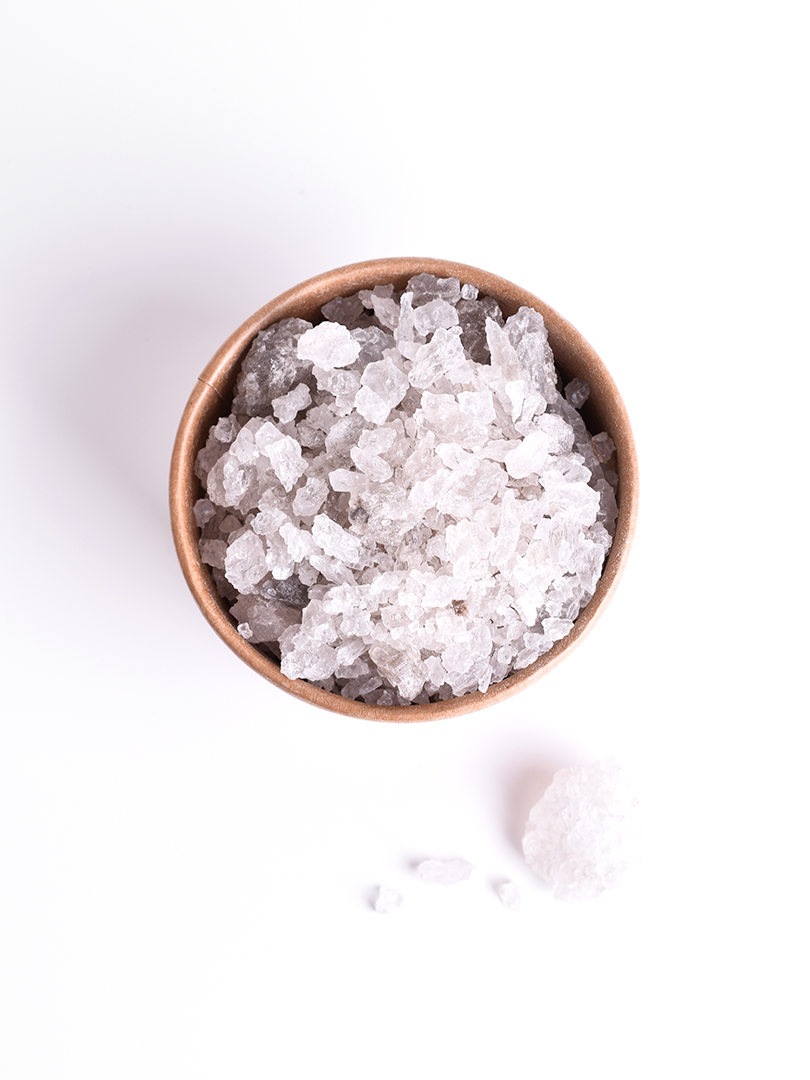
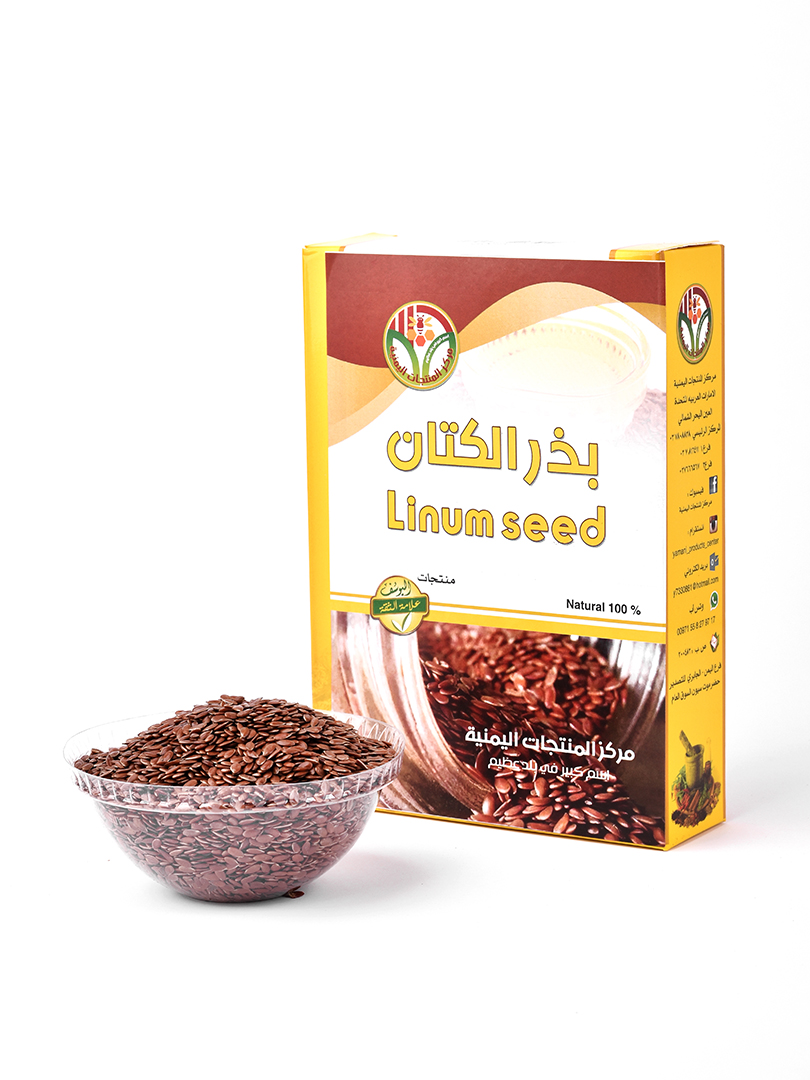
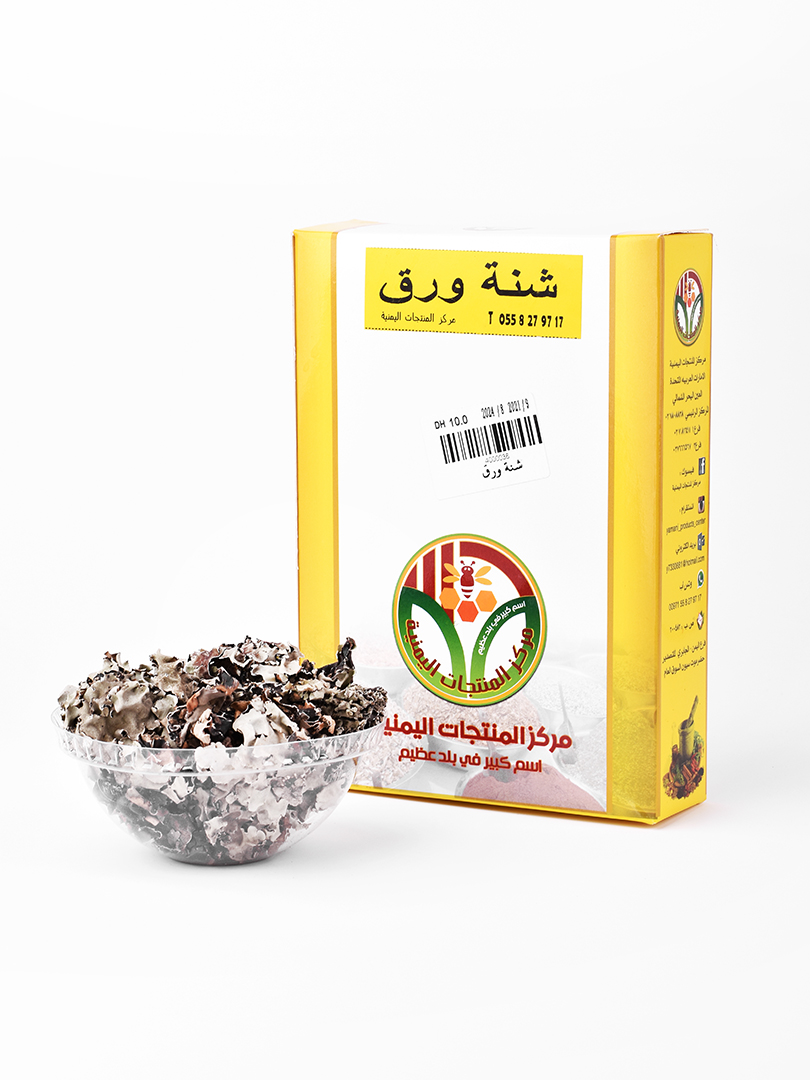
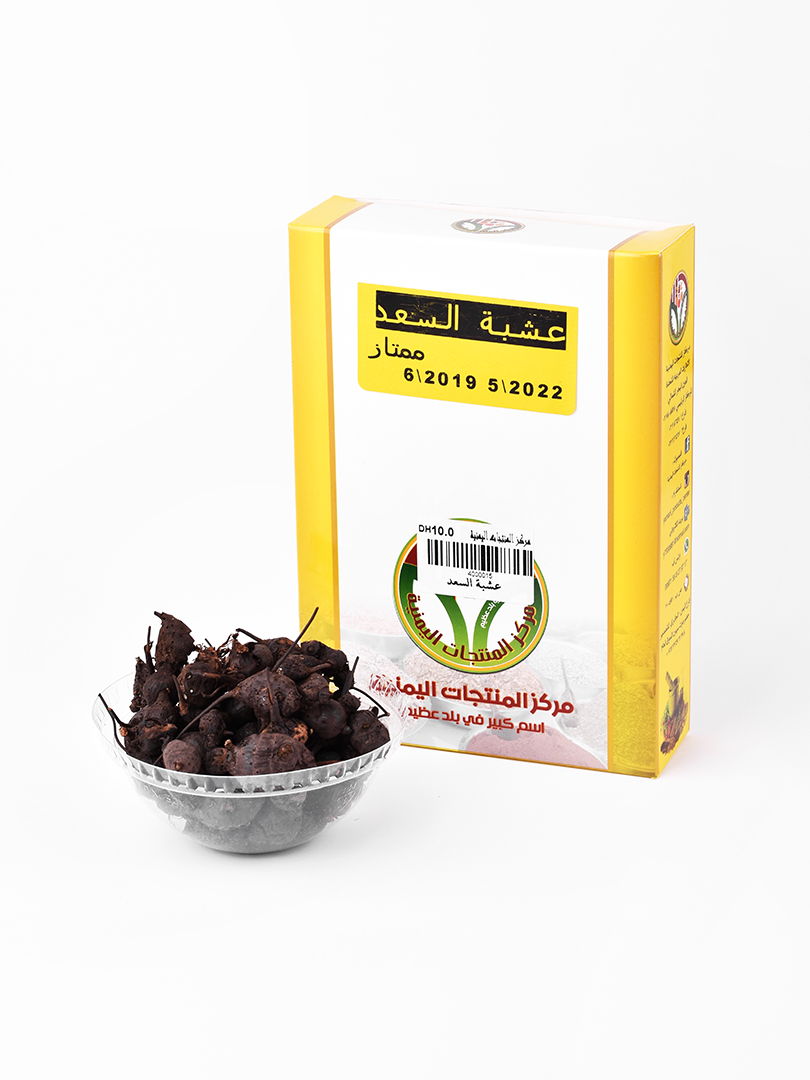

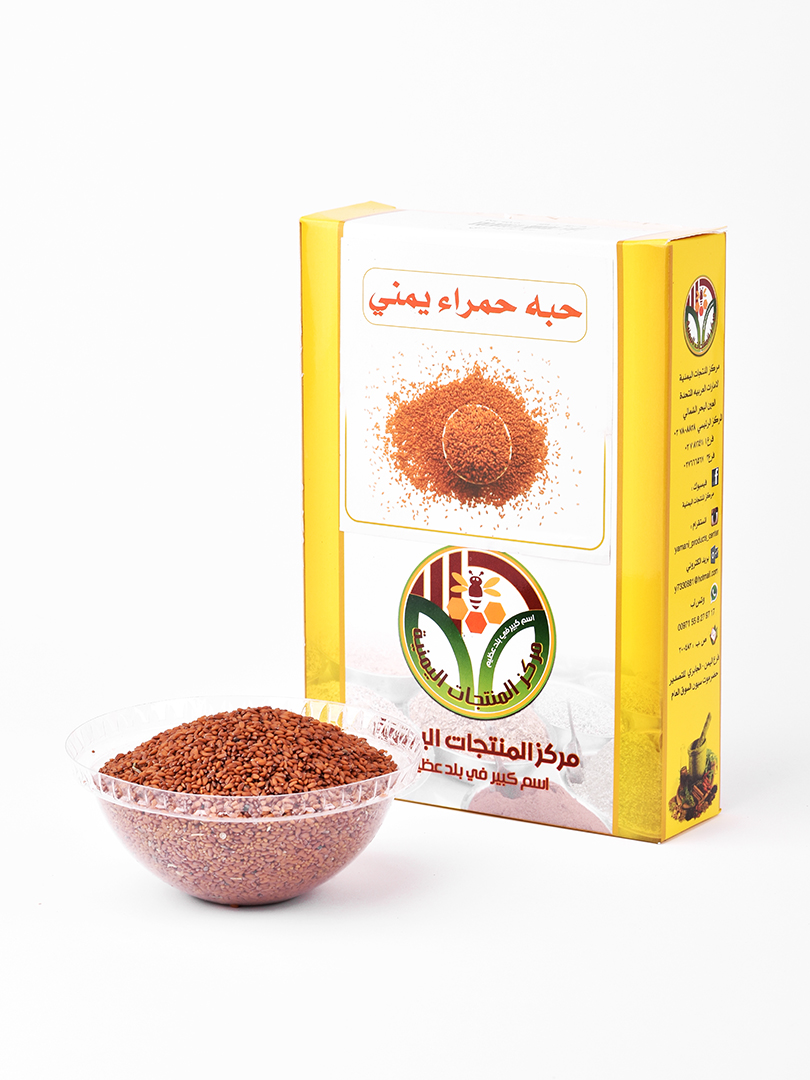
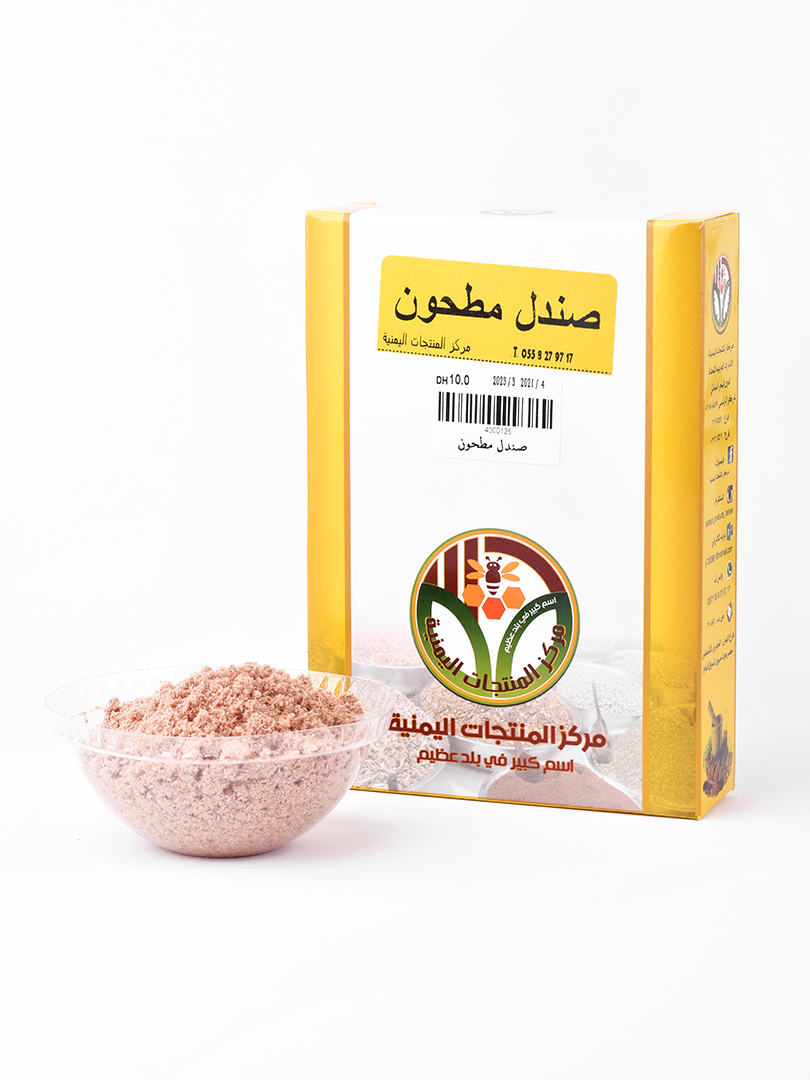
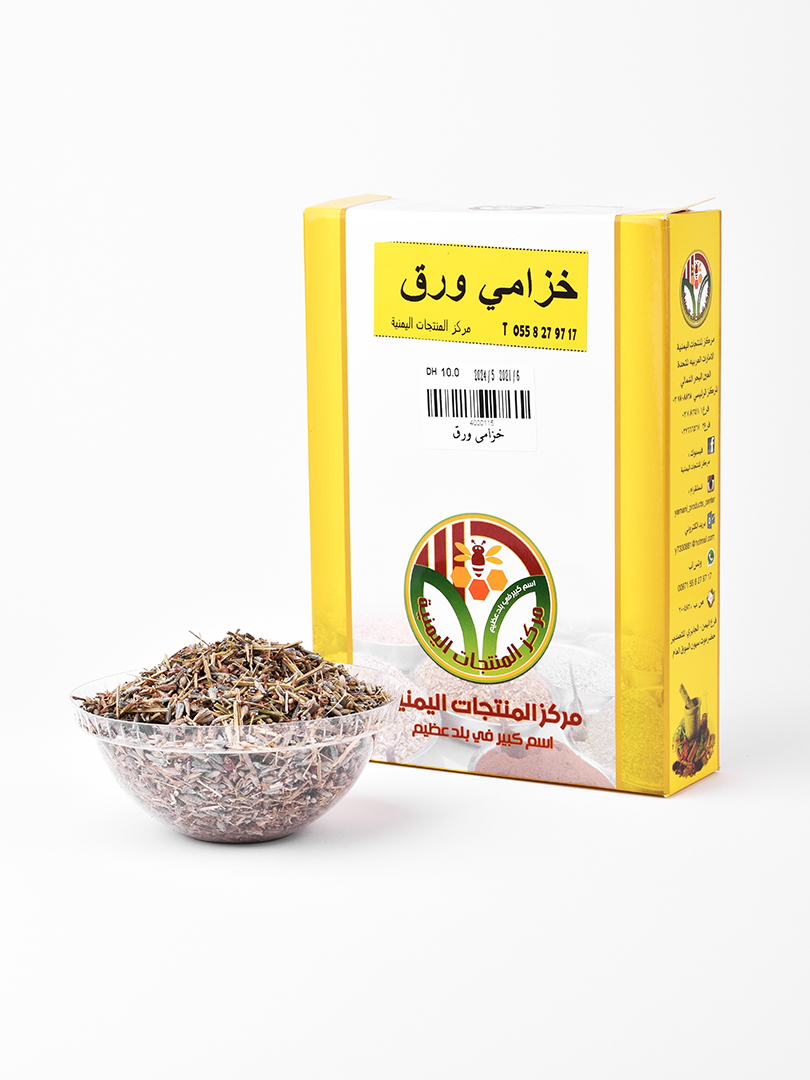
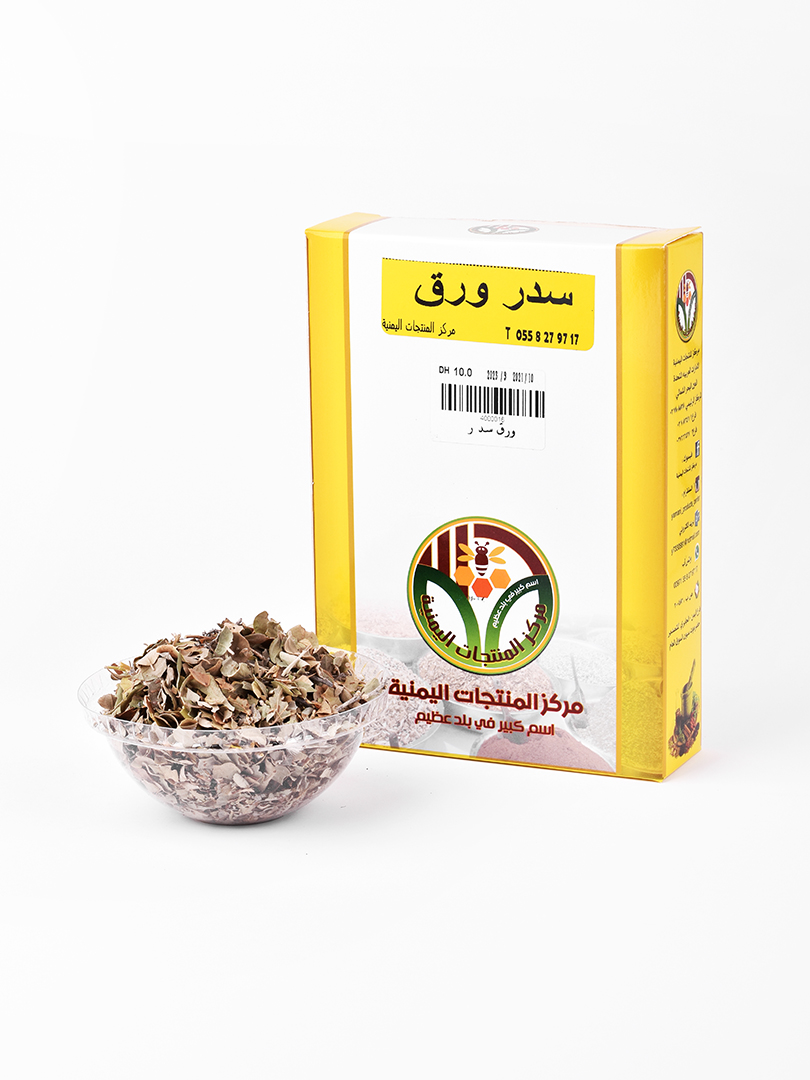
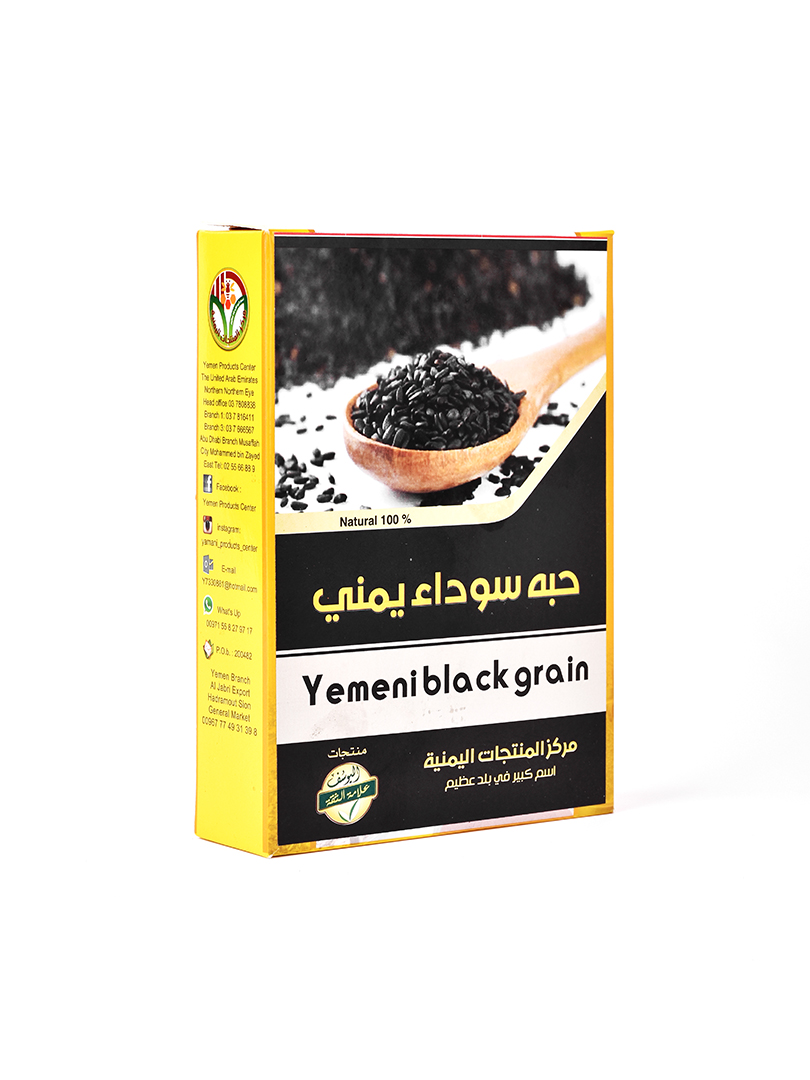
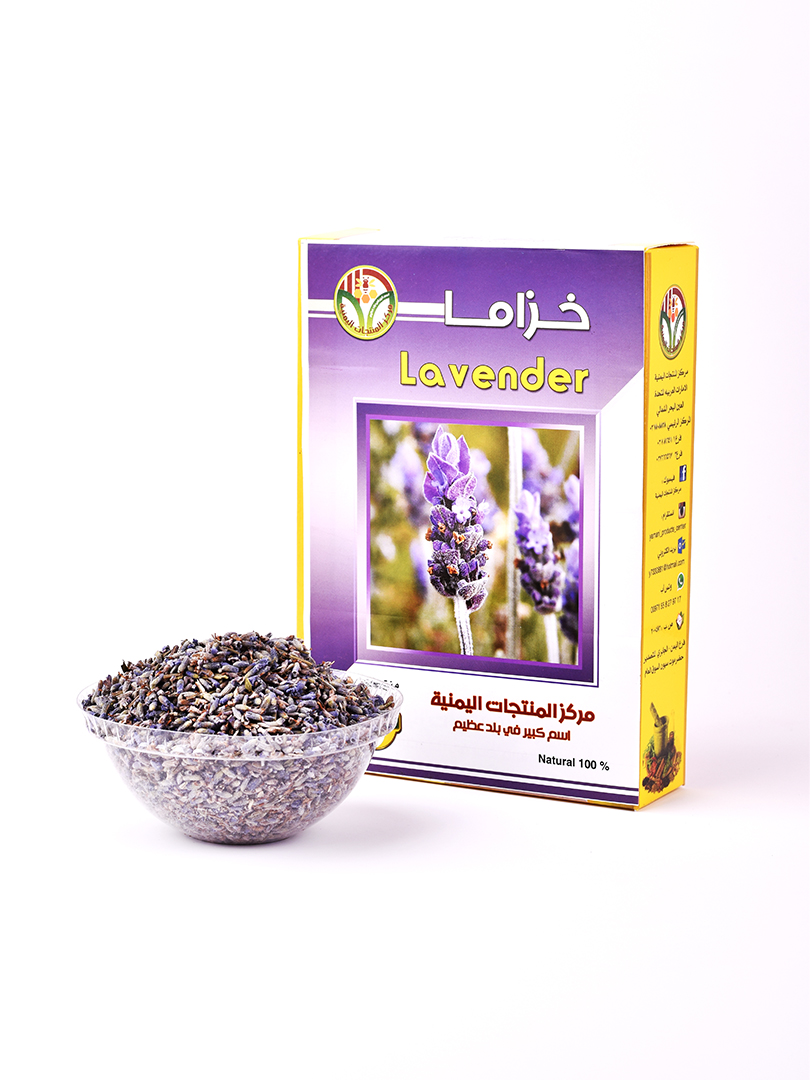
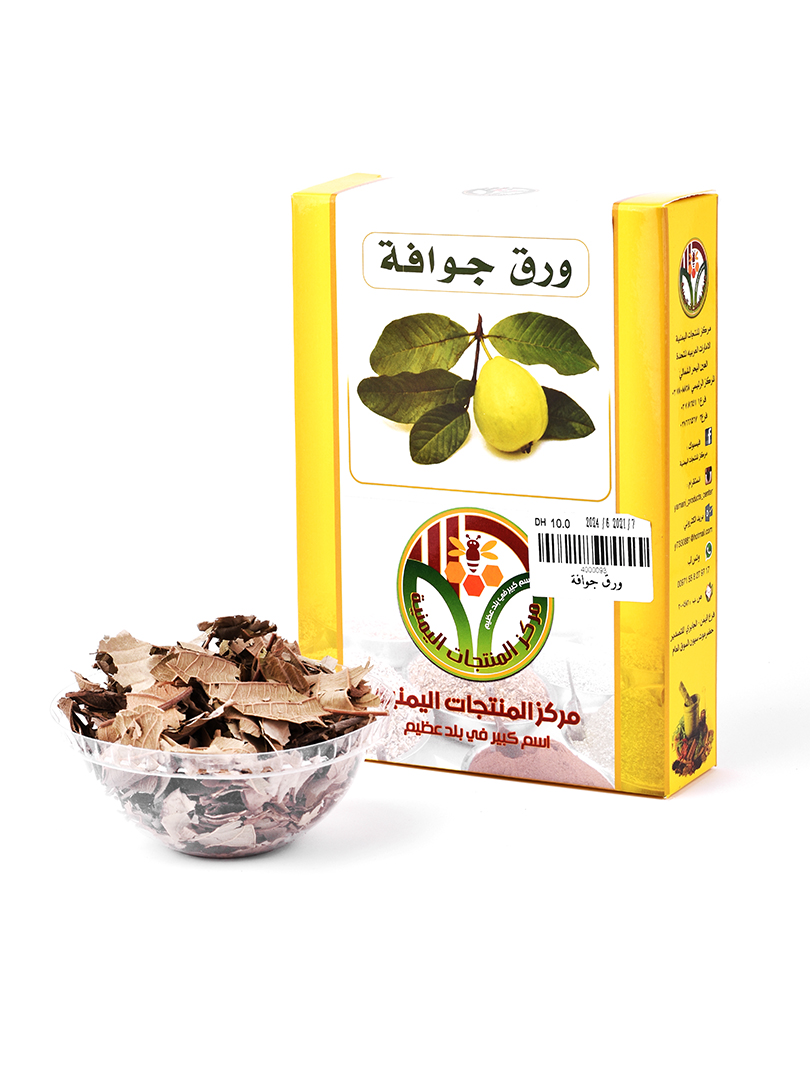
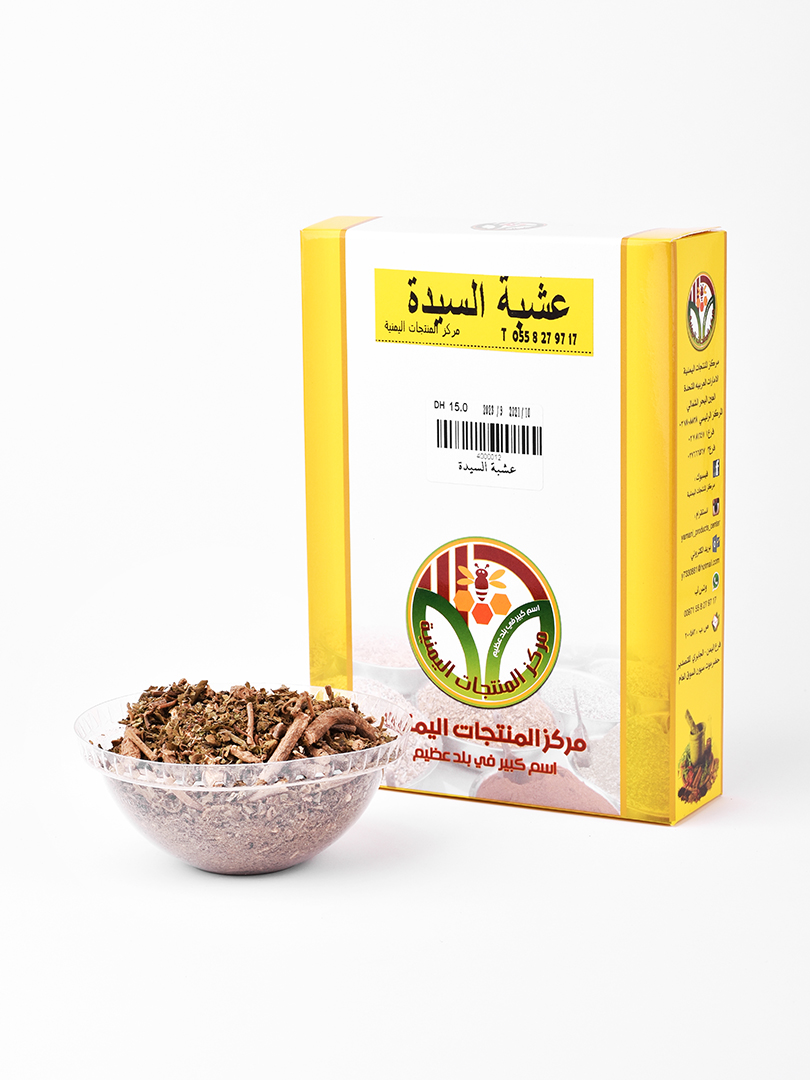


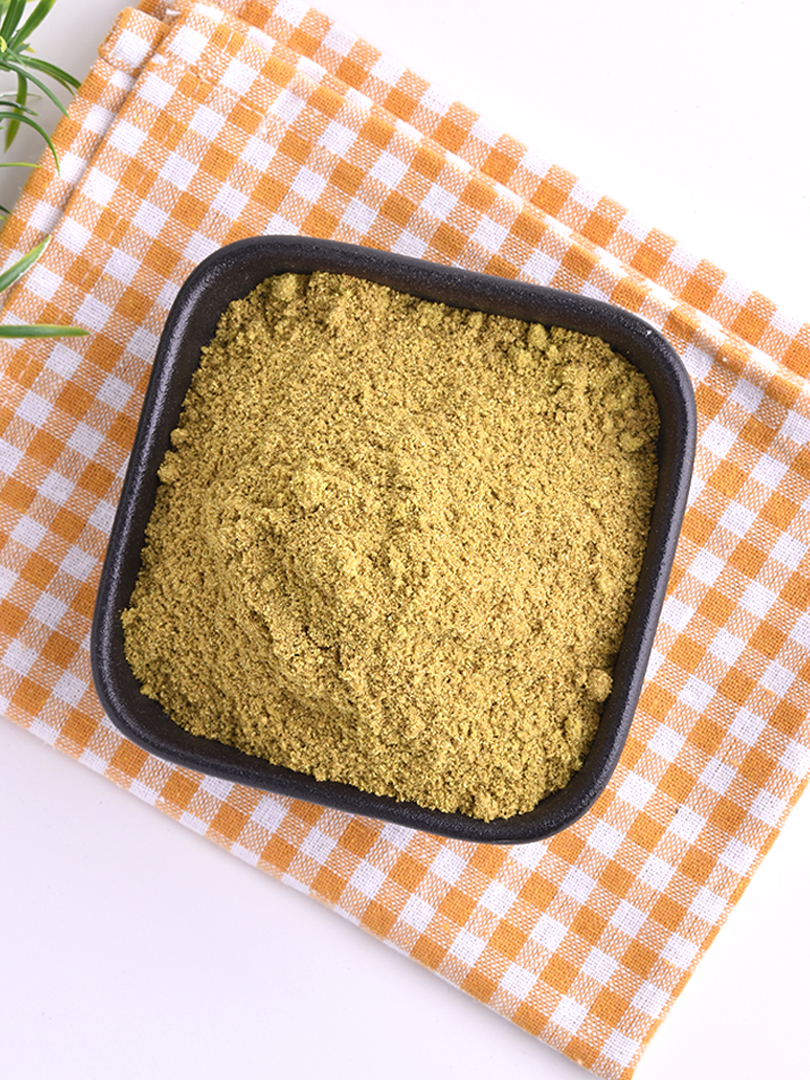
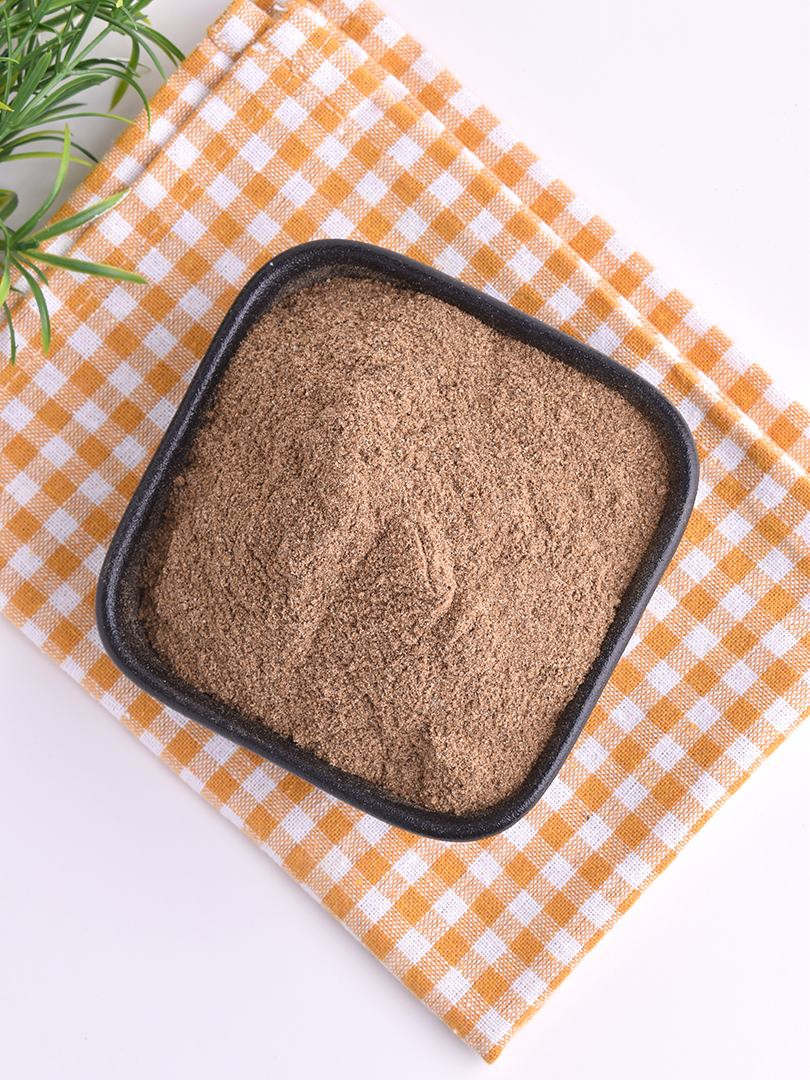
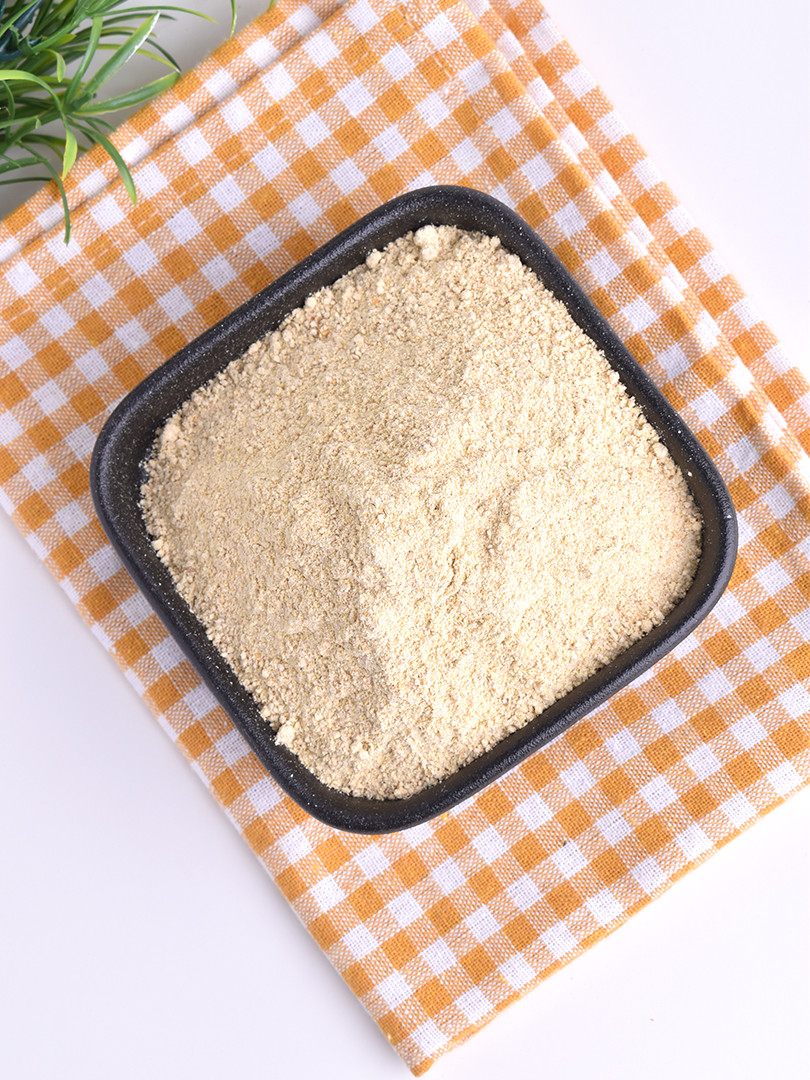
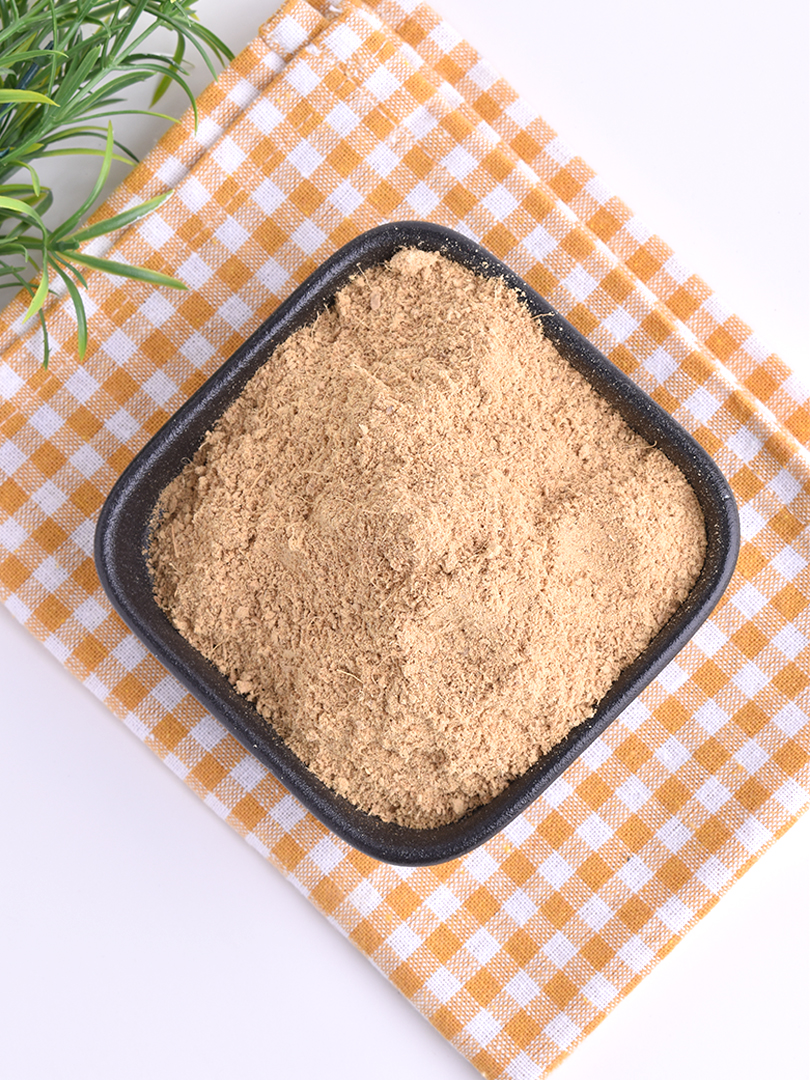
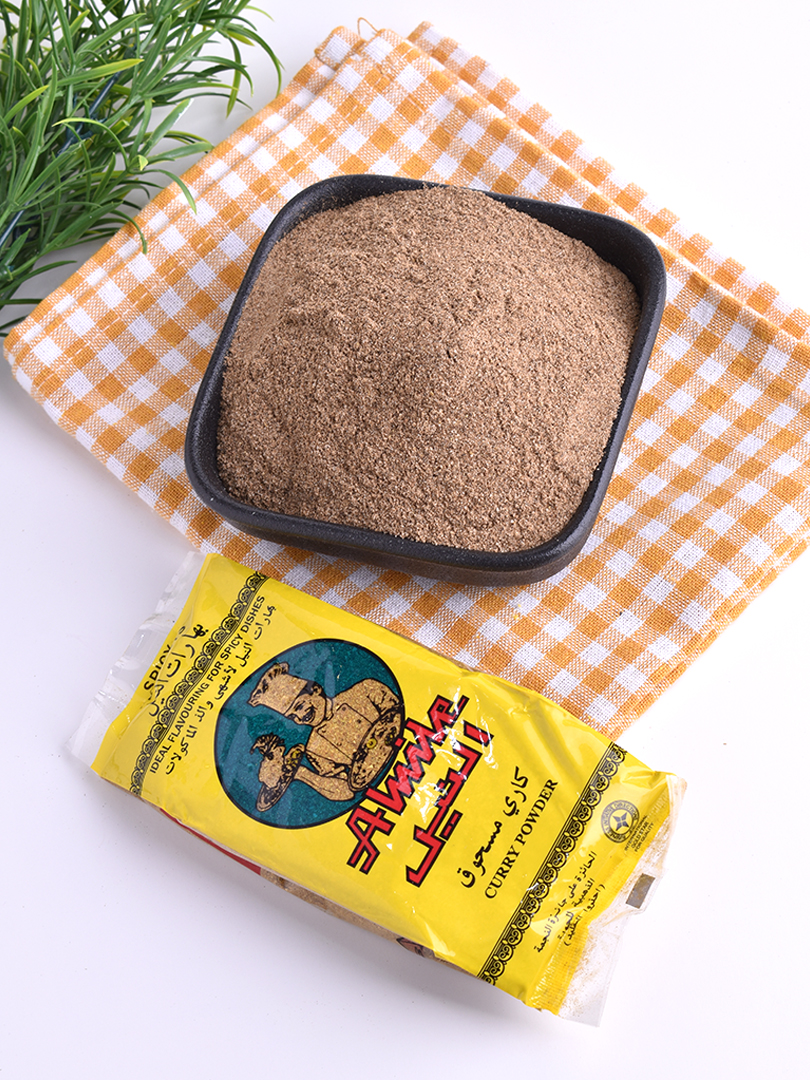
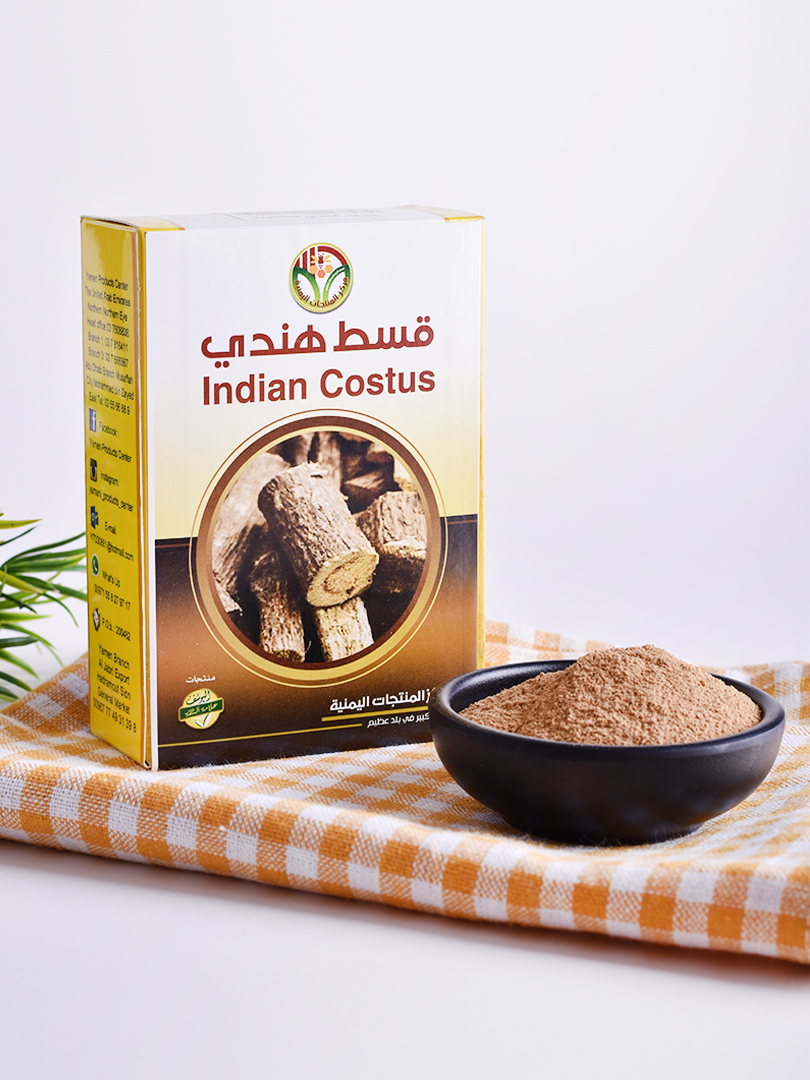
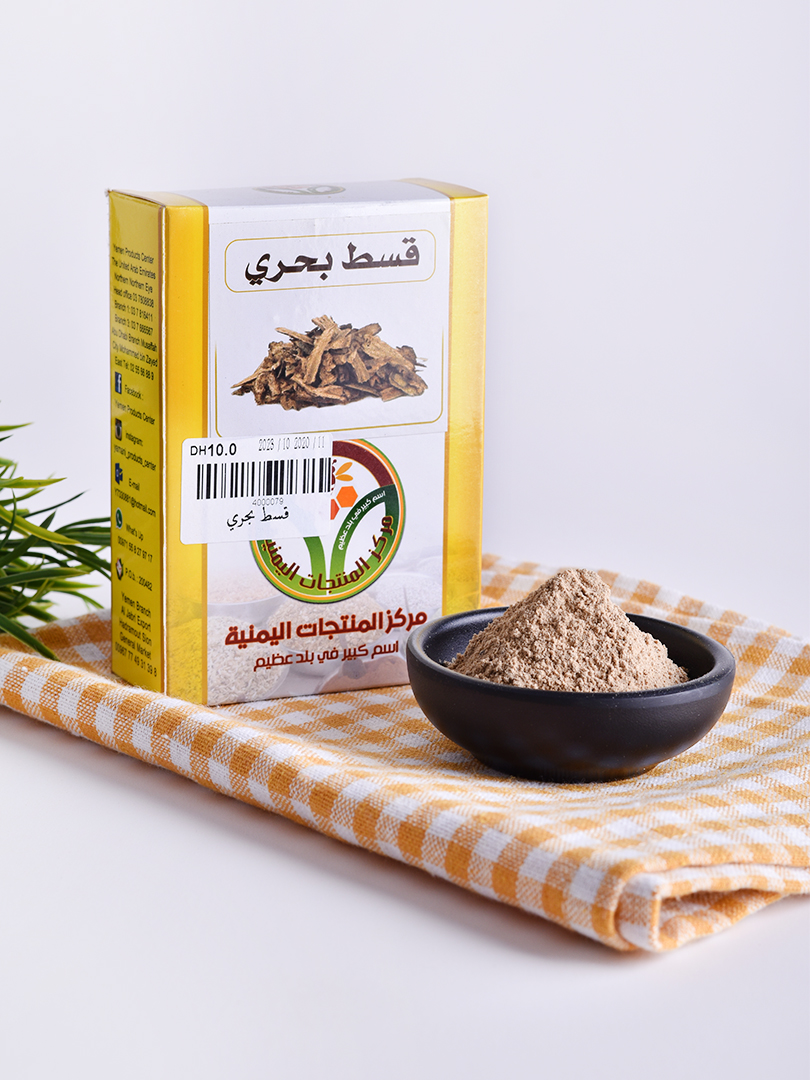
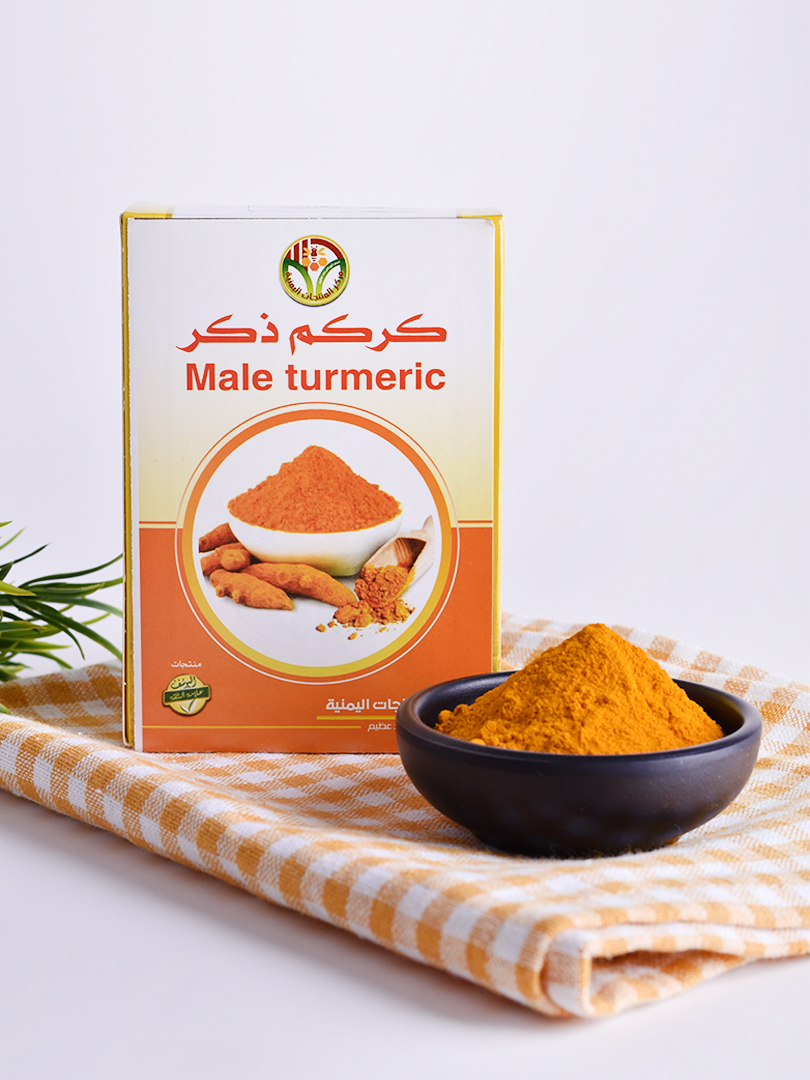
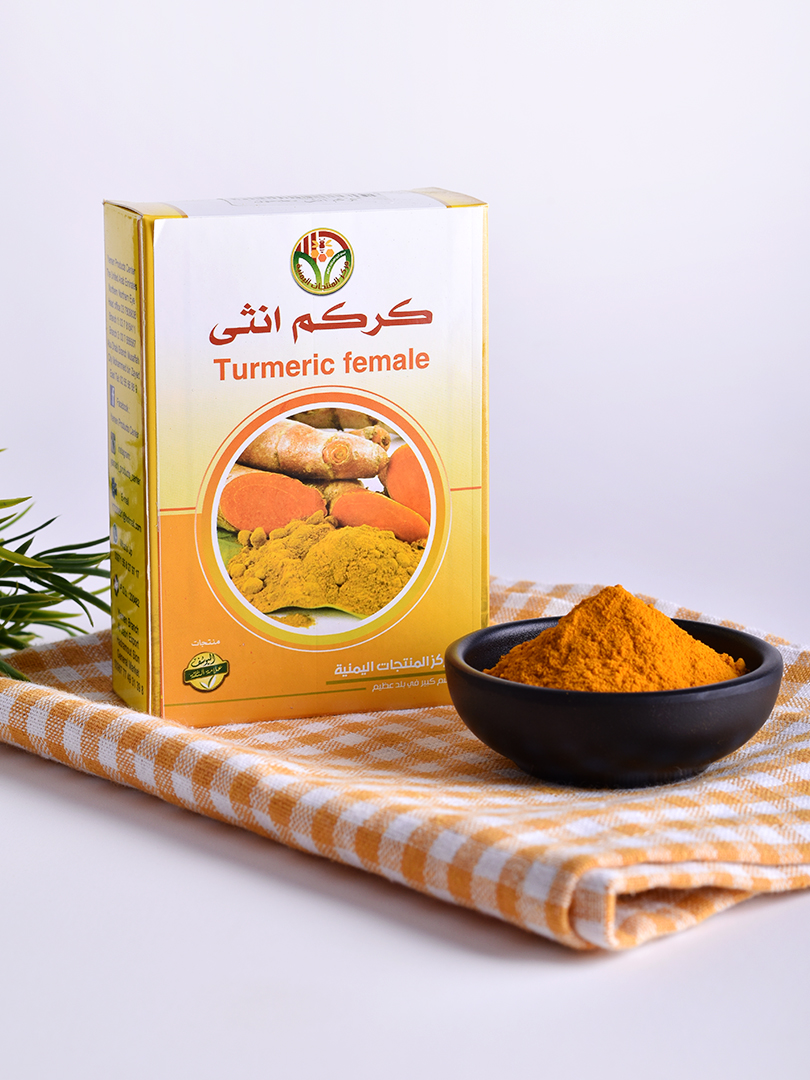

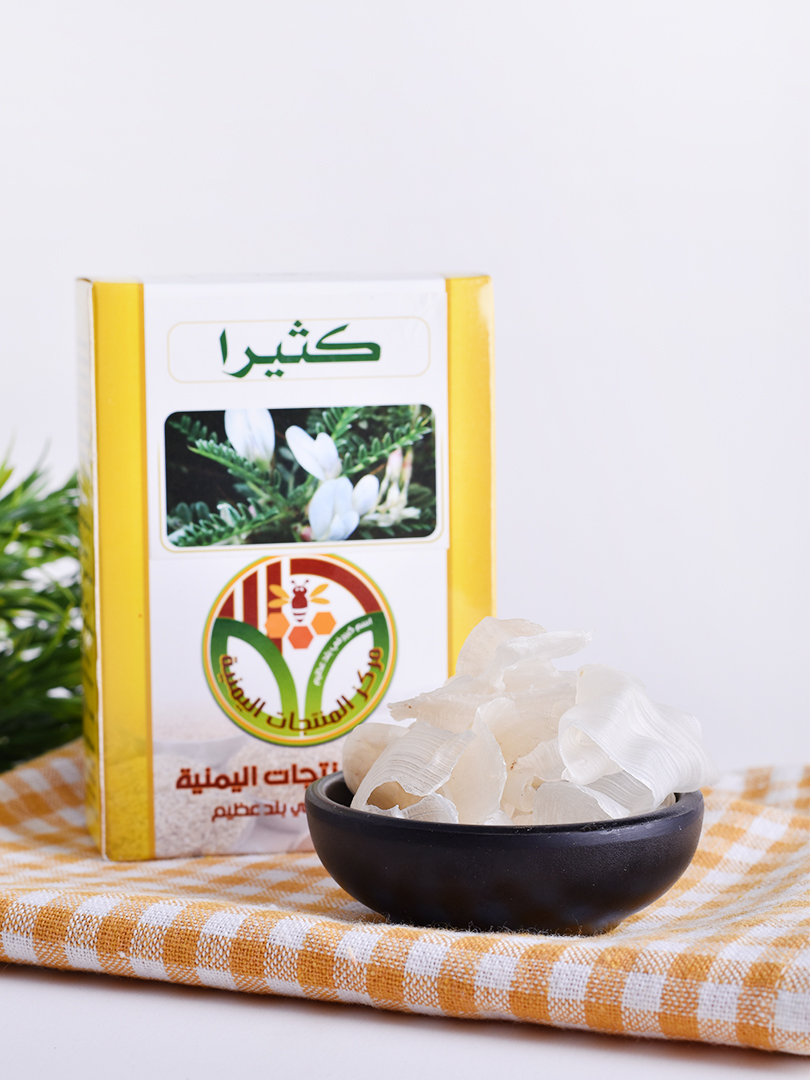

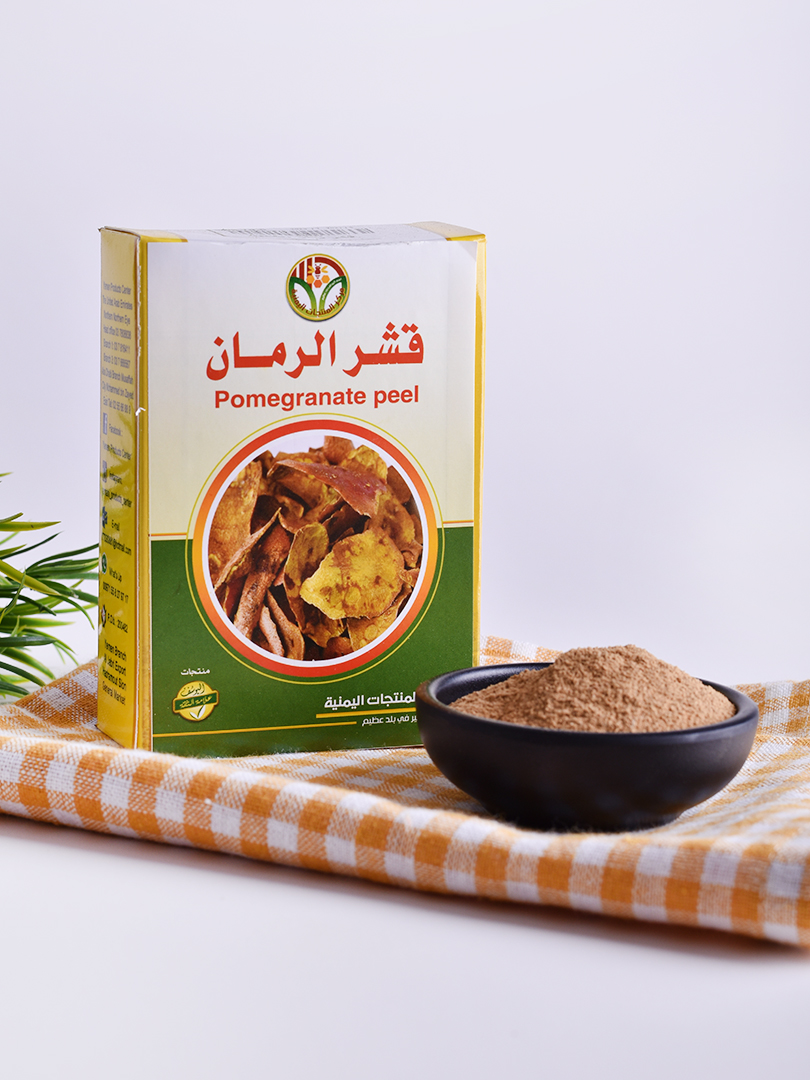
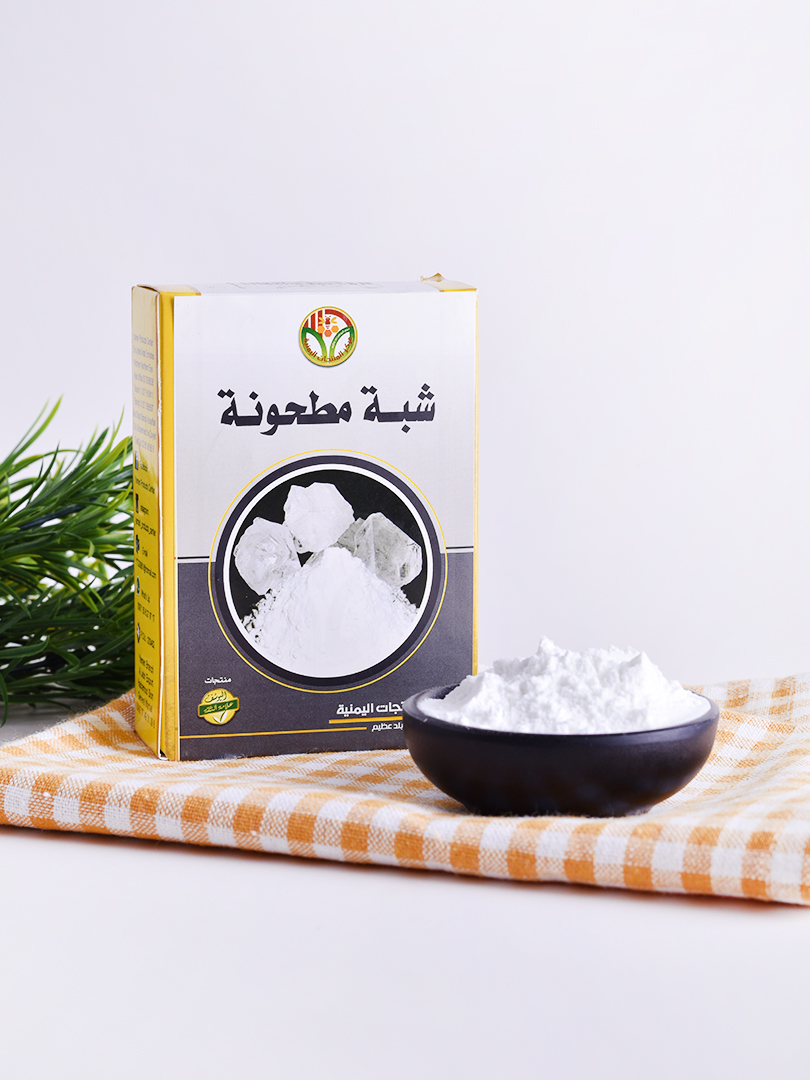

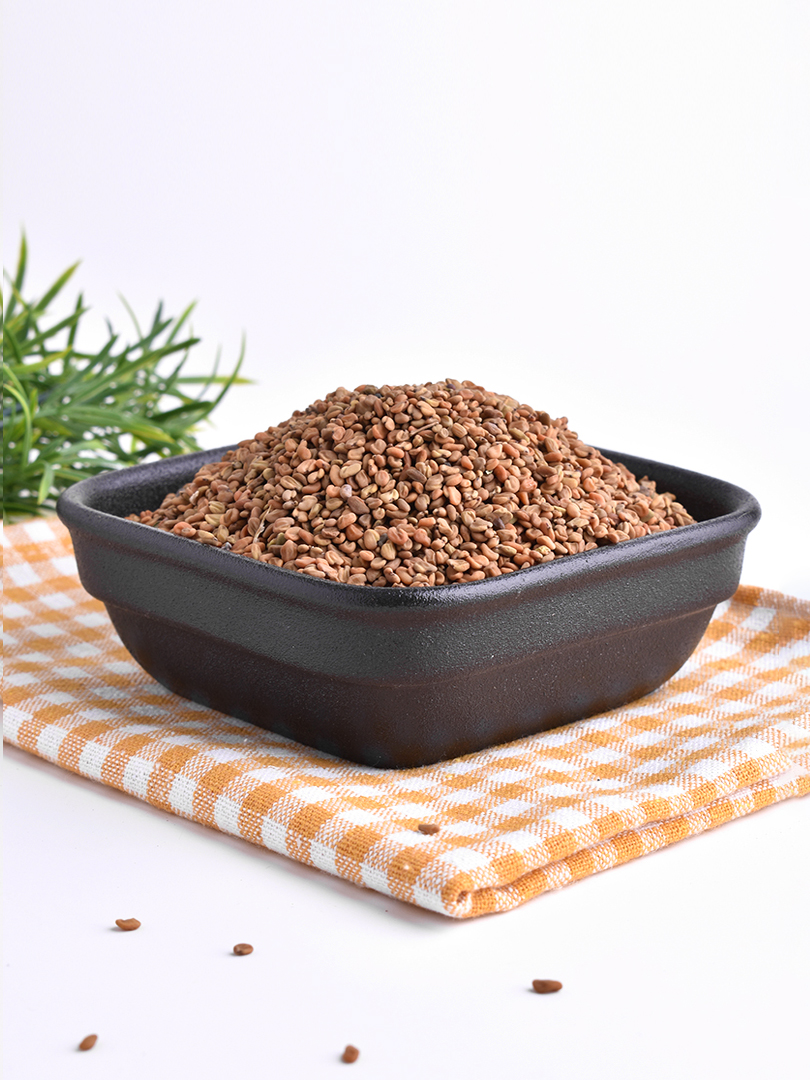
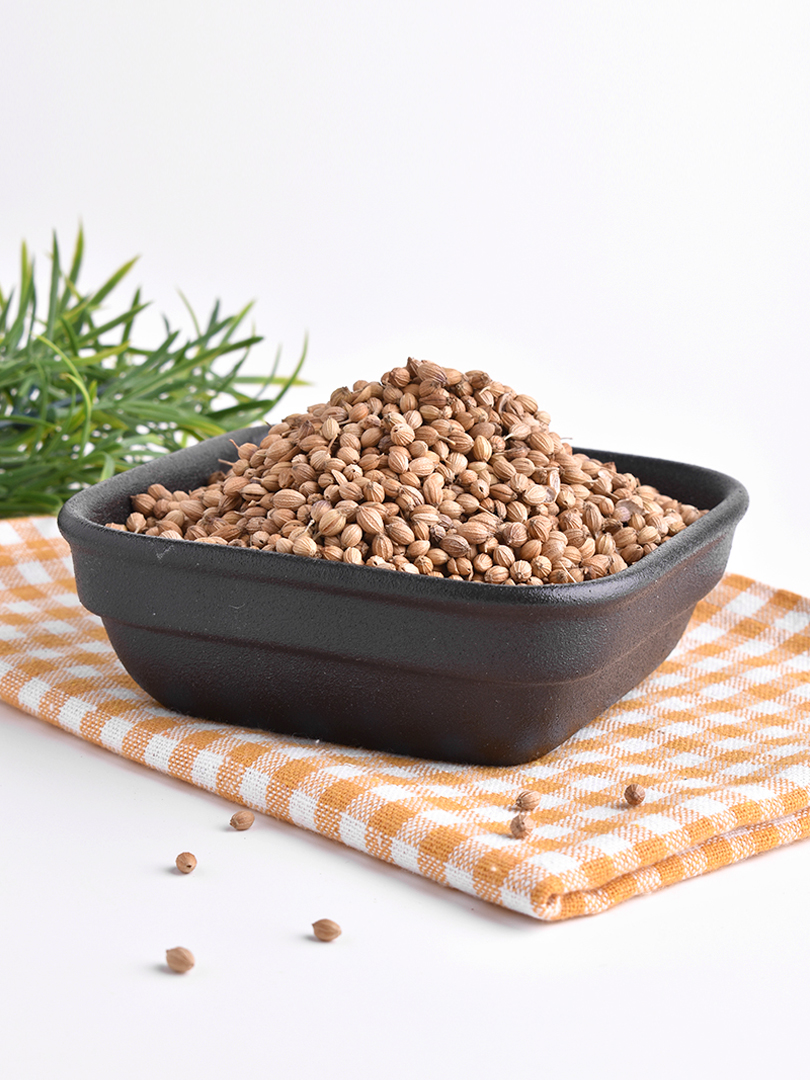
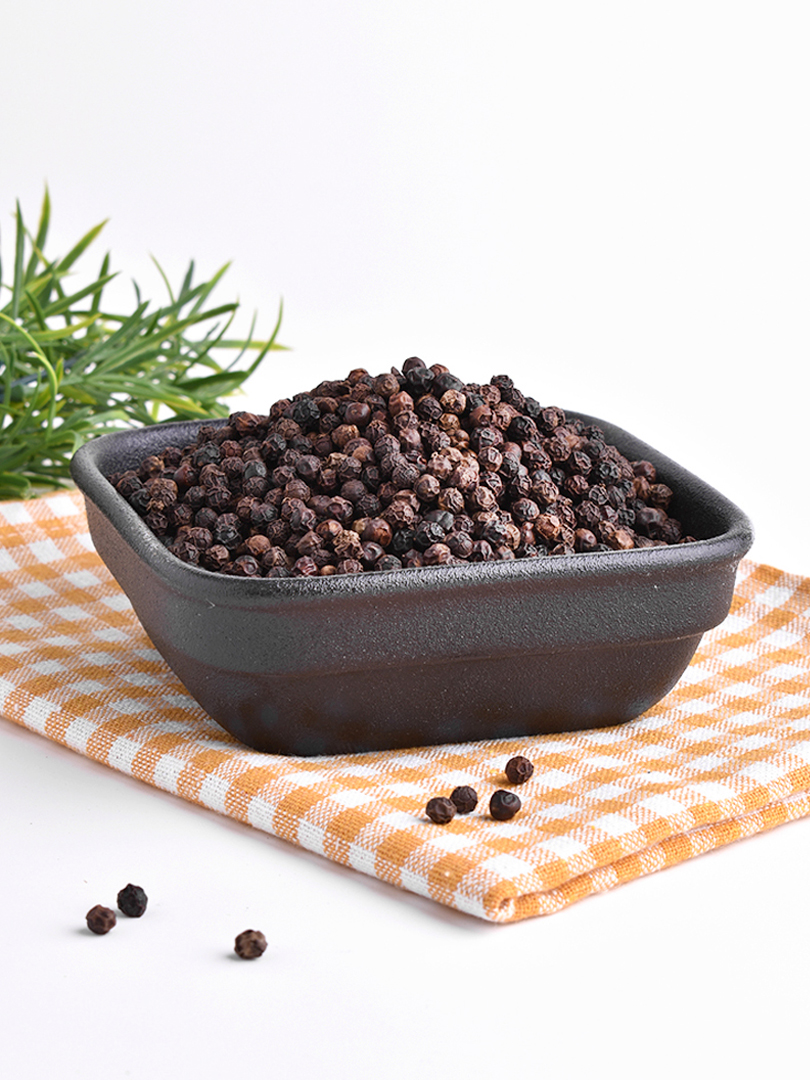


.jpg)


.jpg)
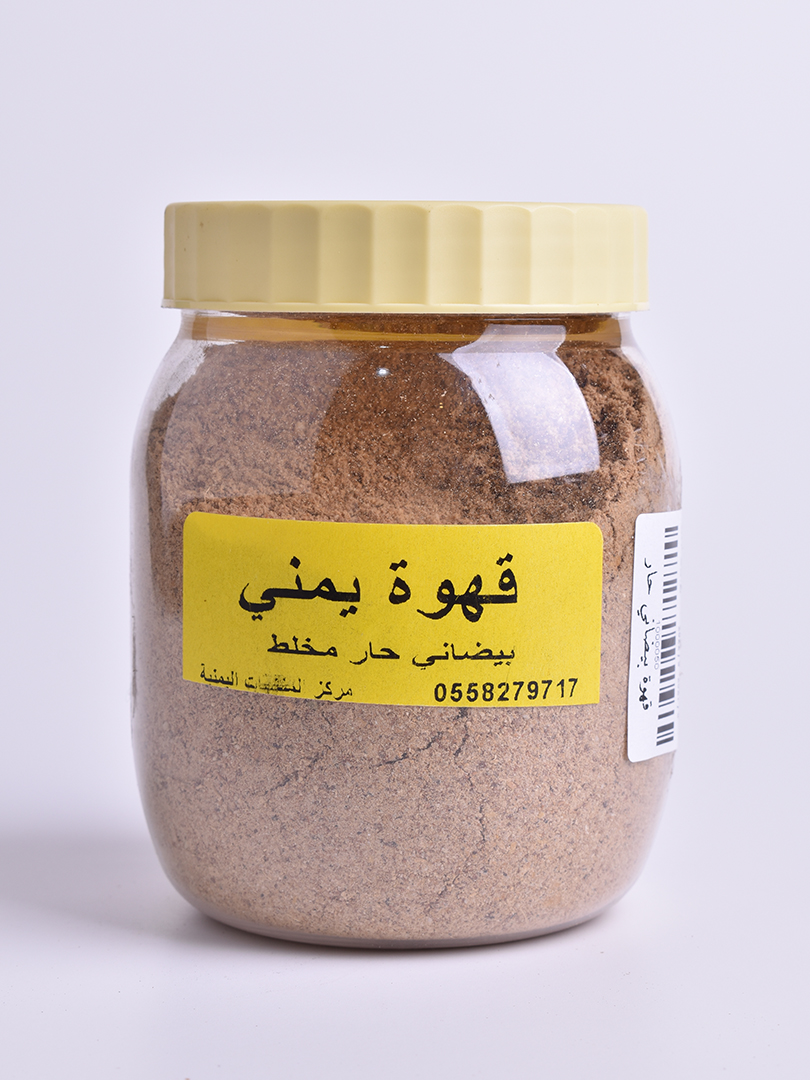
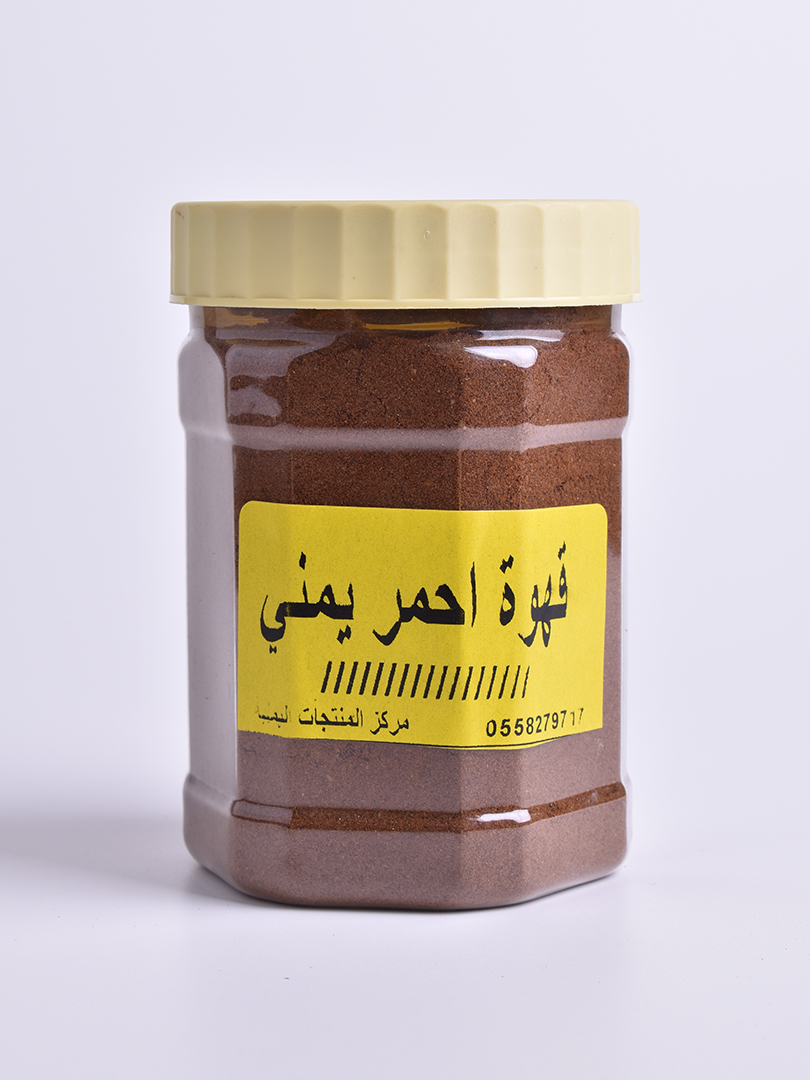

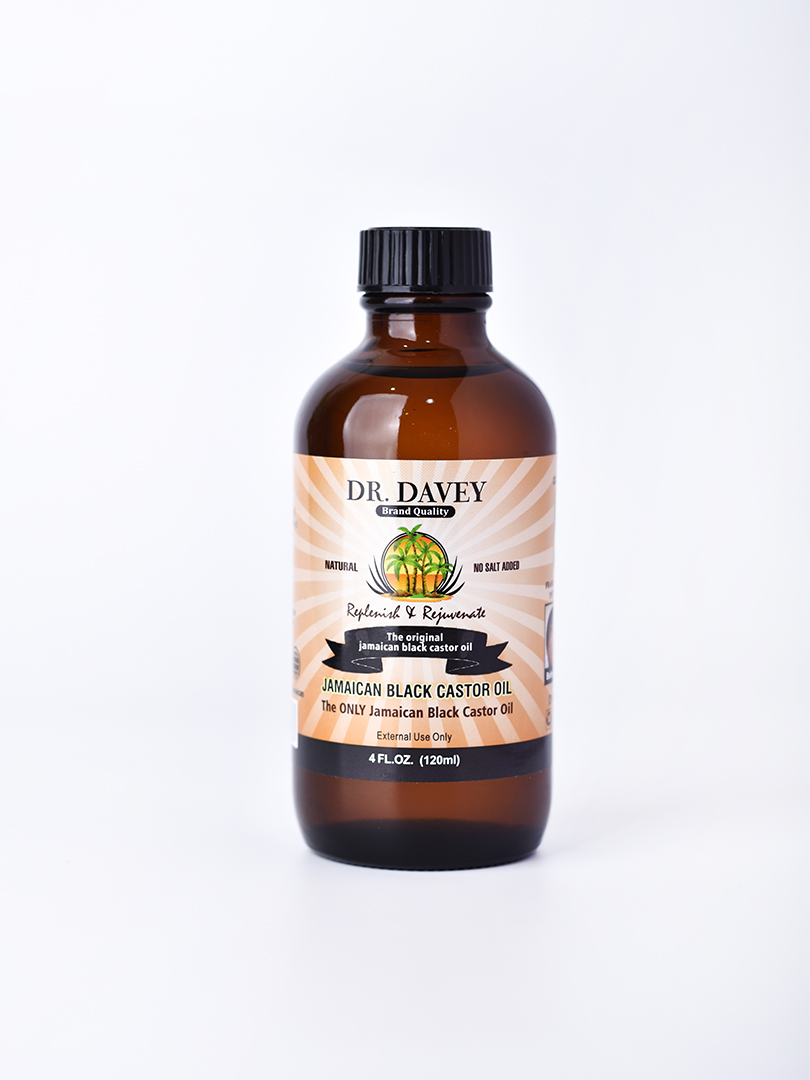
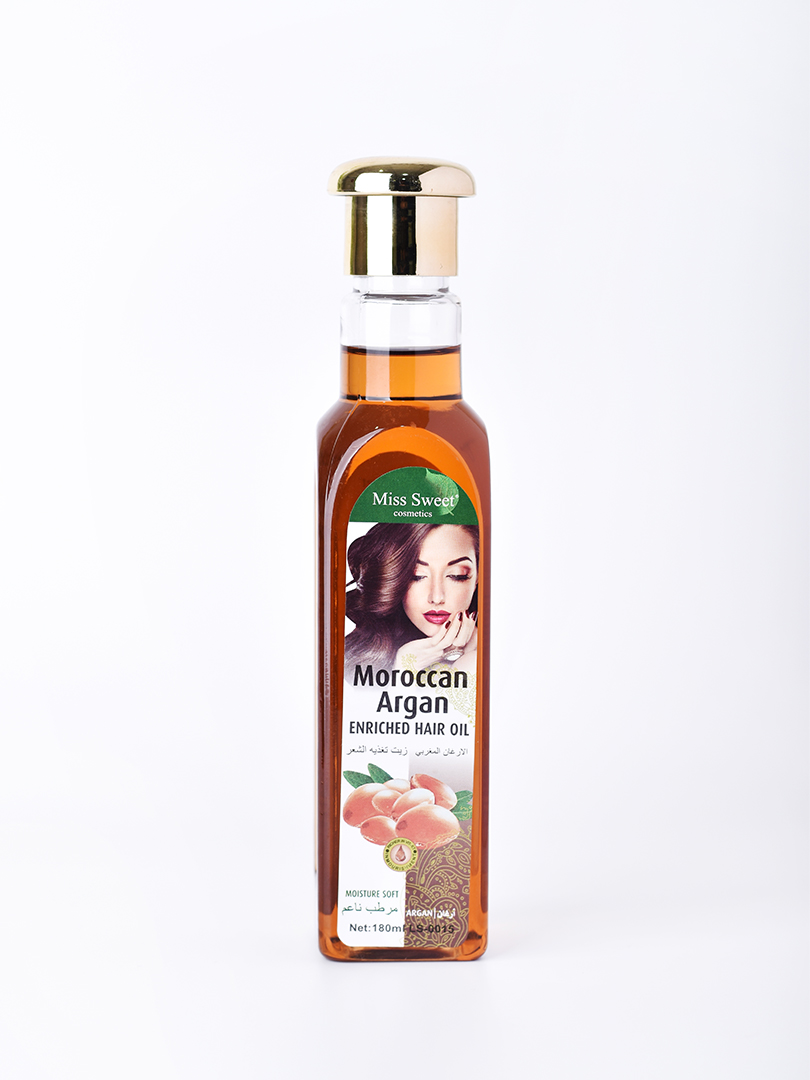
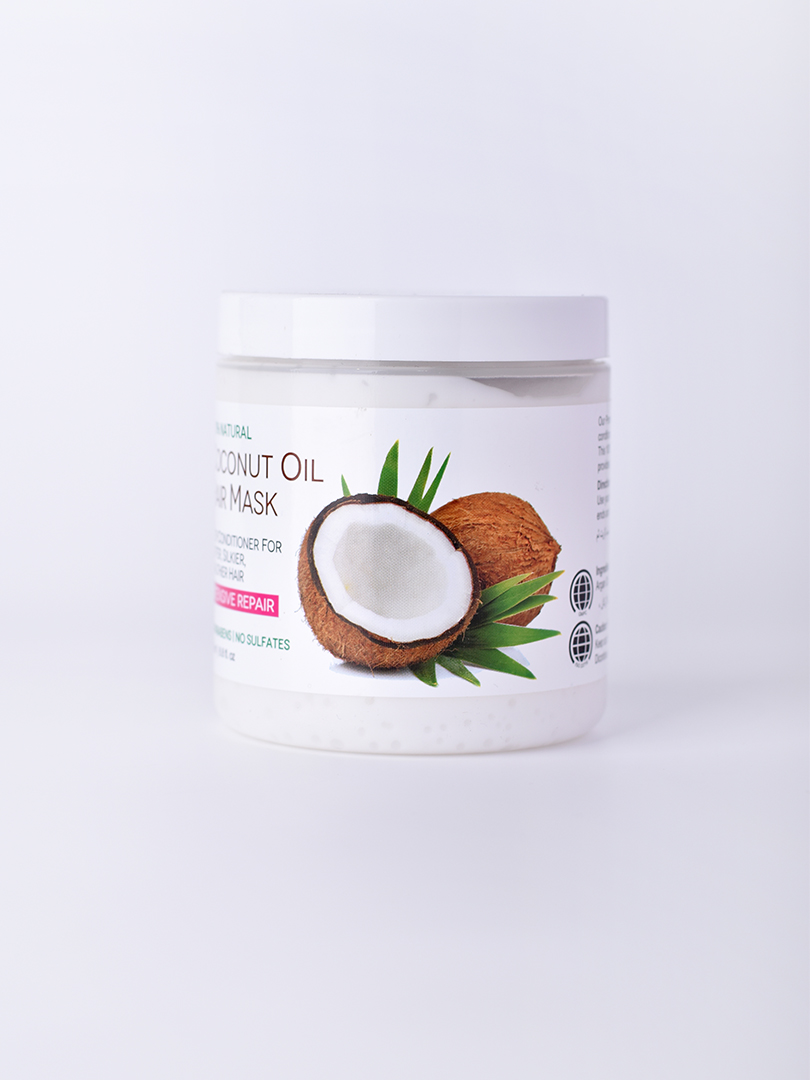

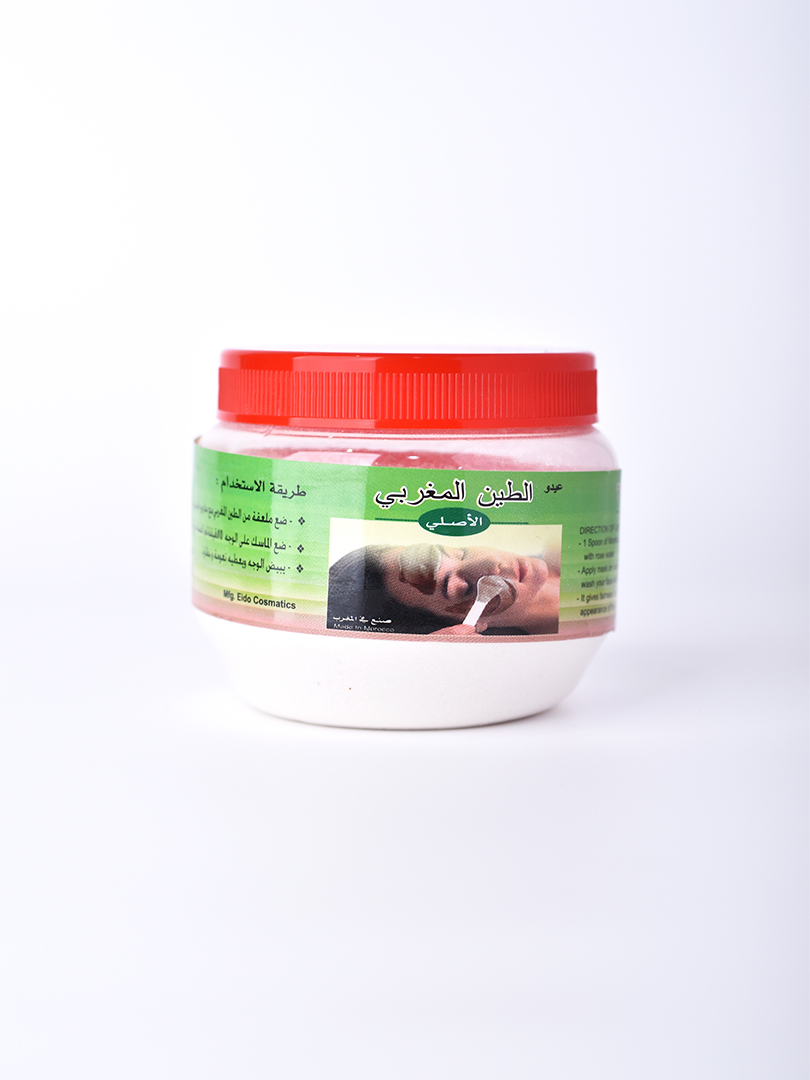
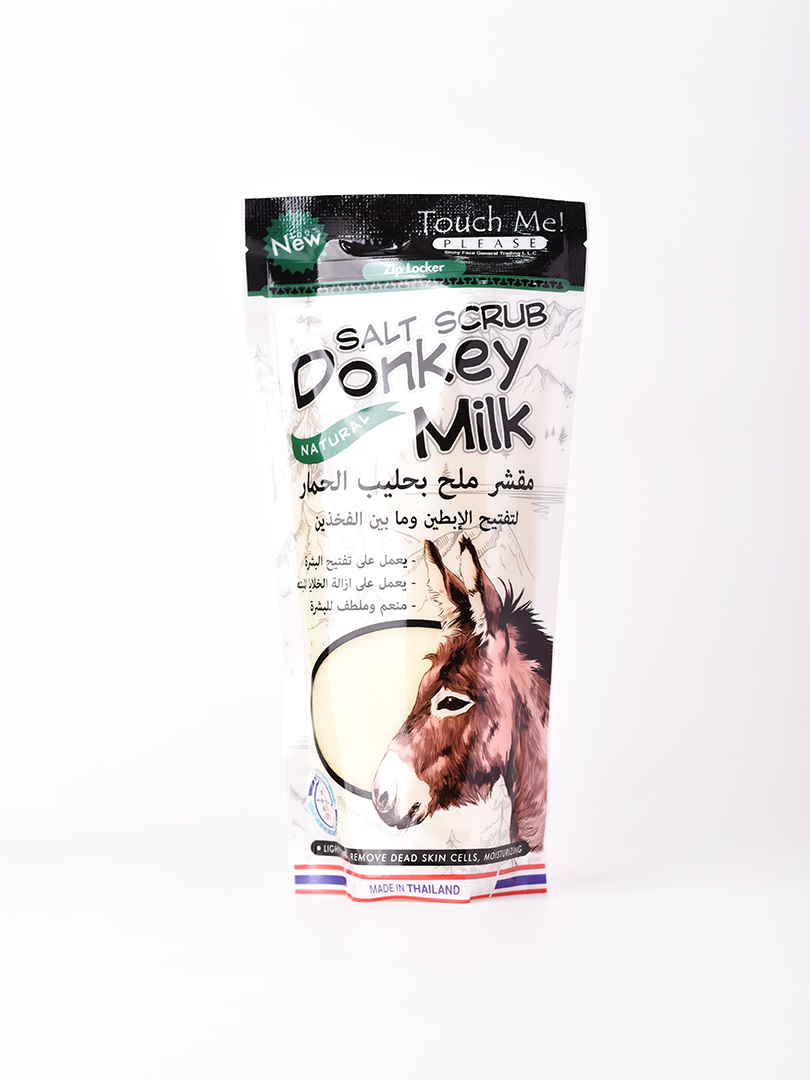
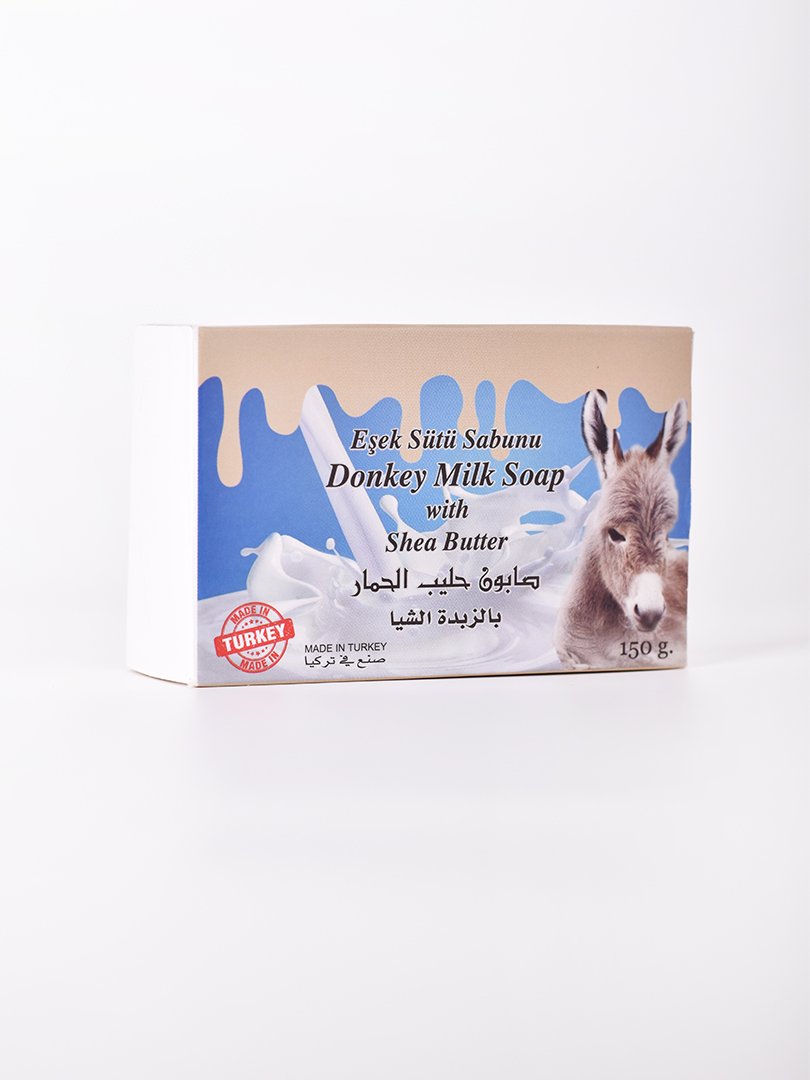

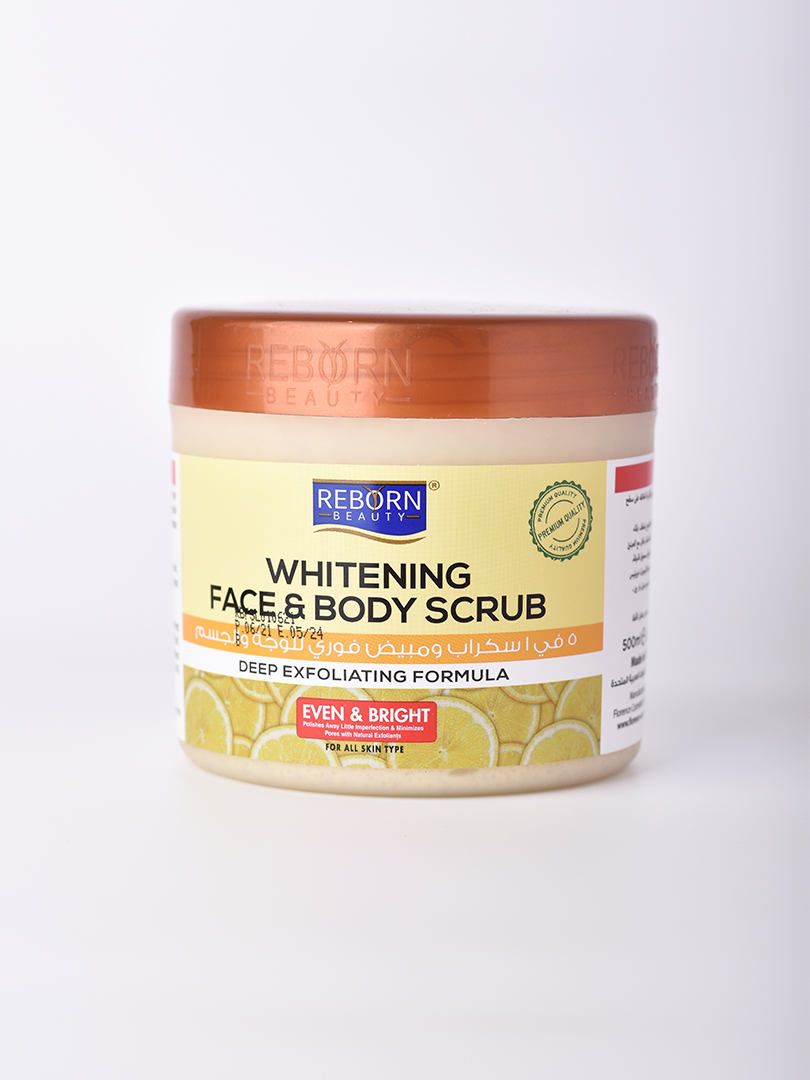
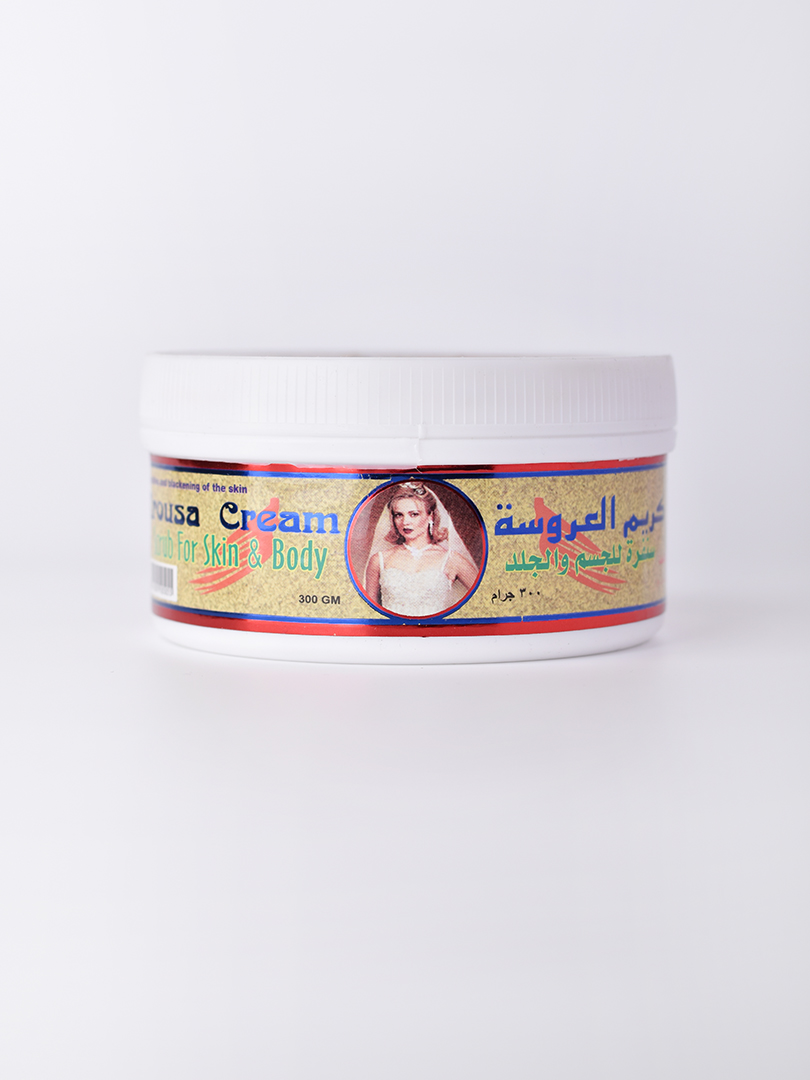
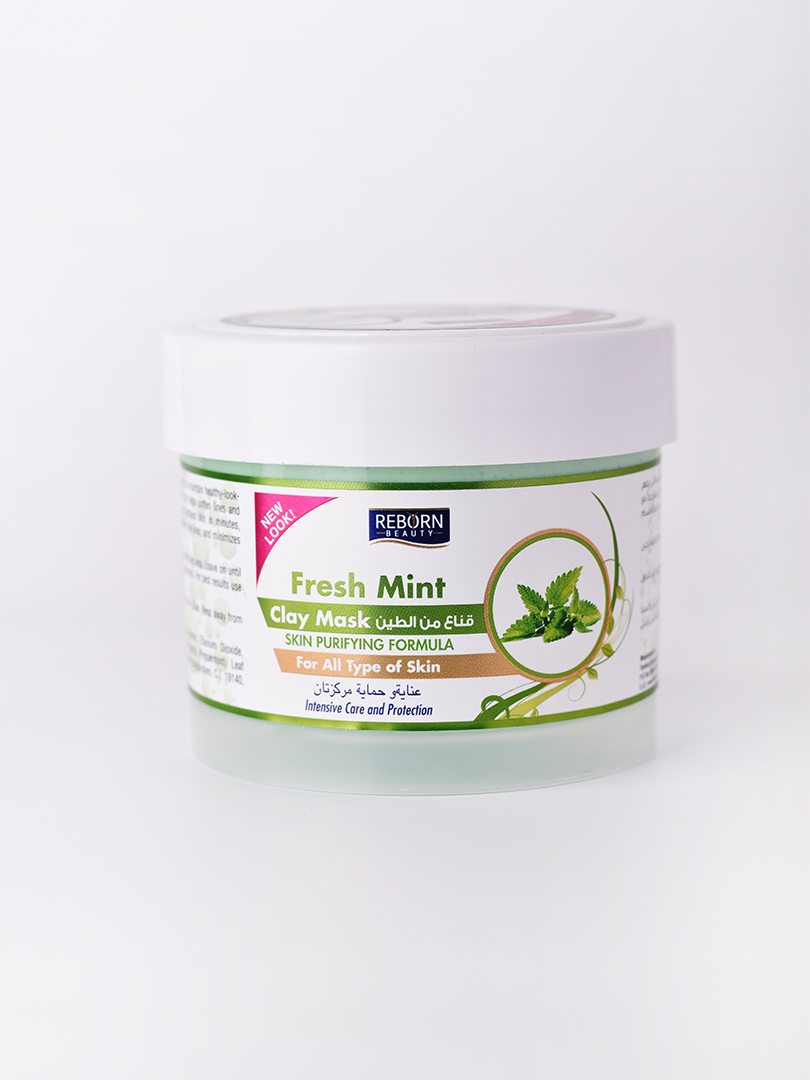
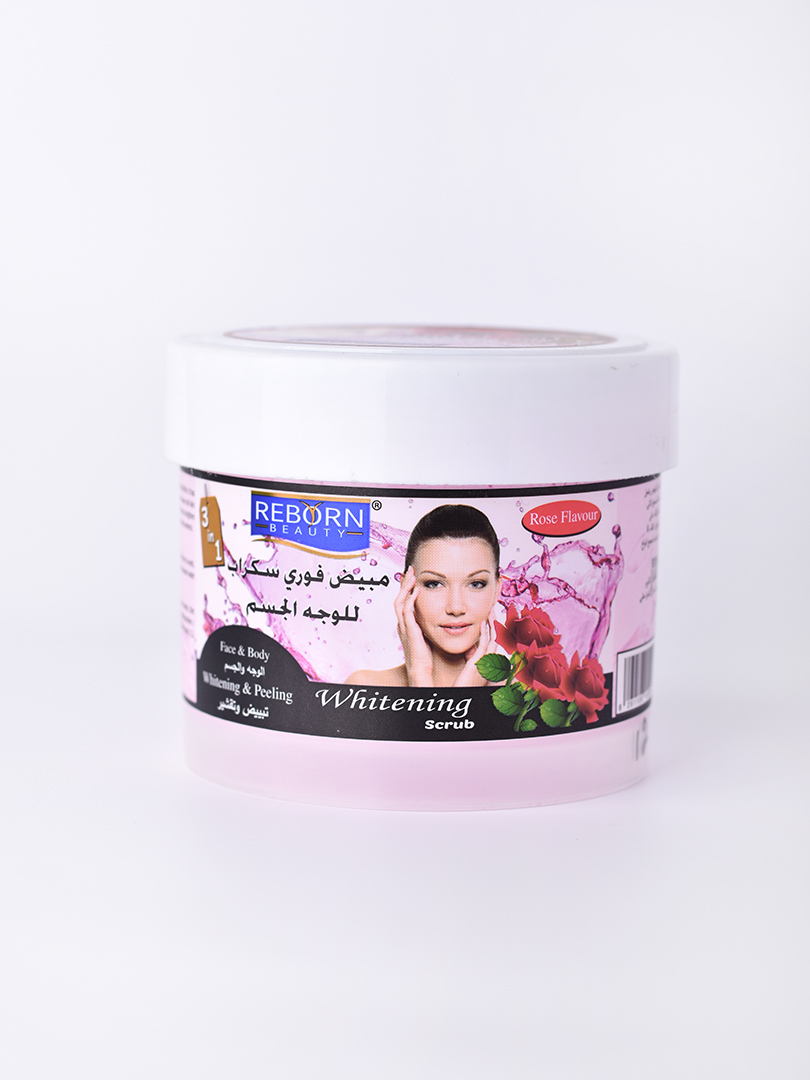
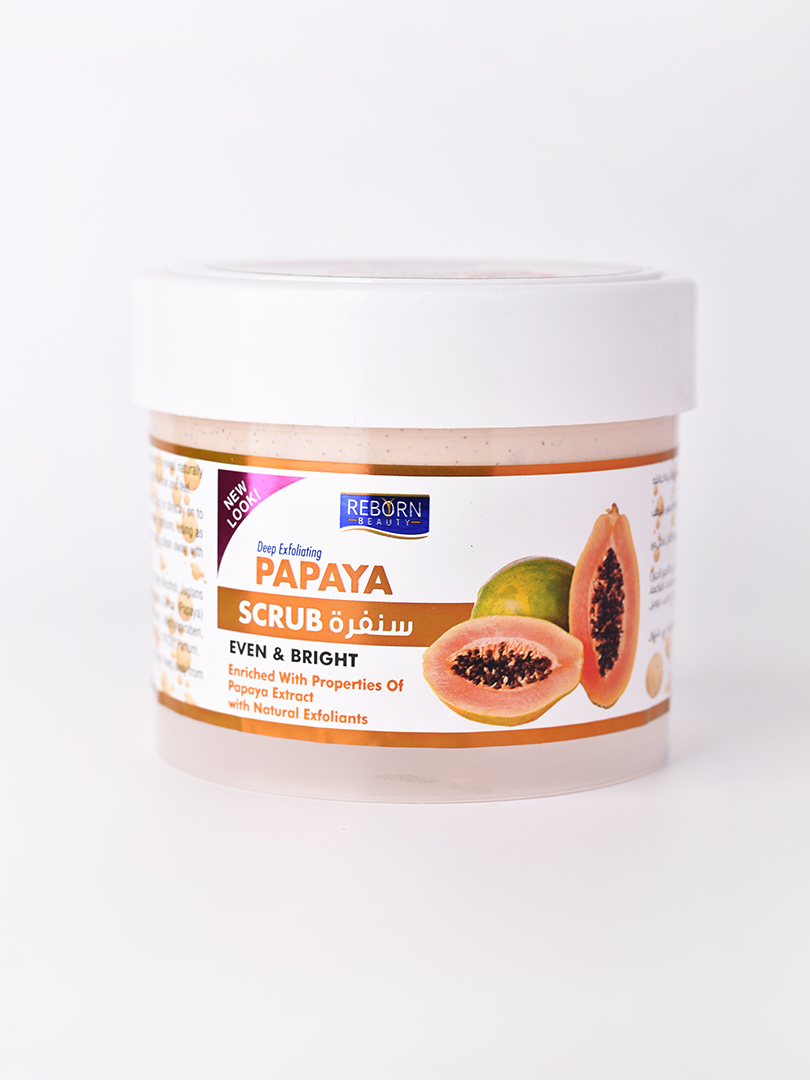
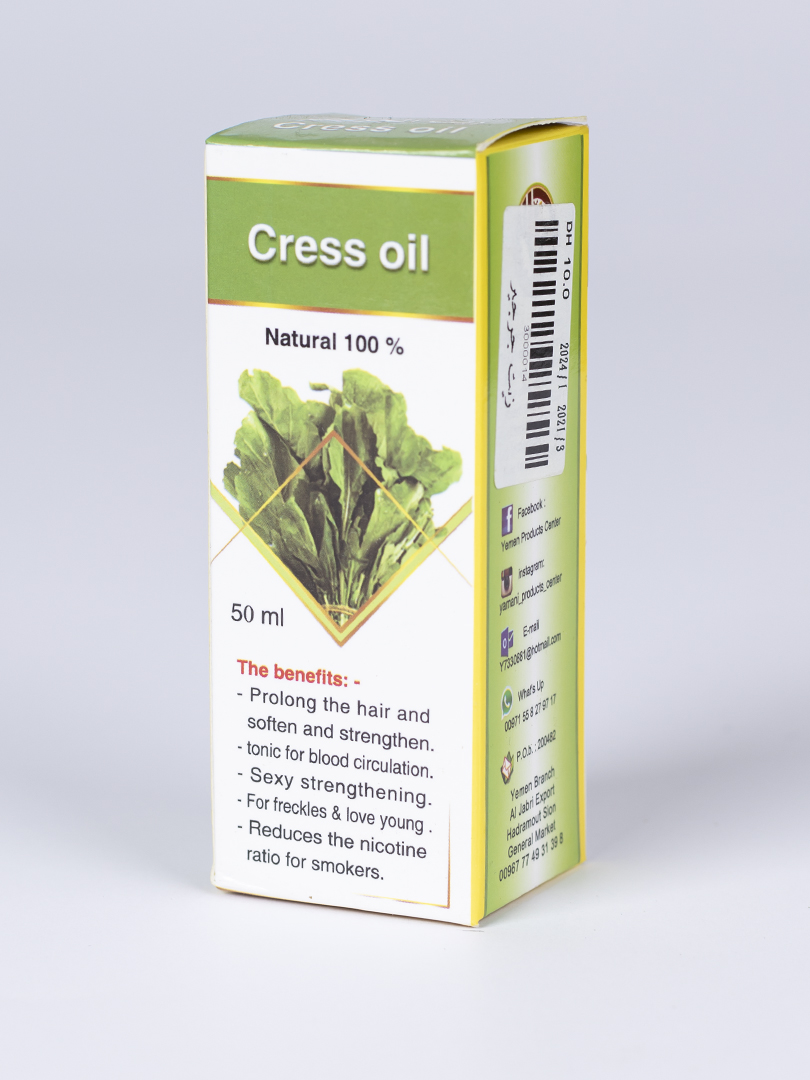
.jpg)

